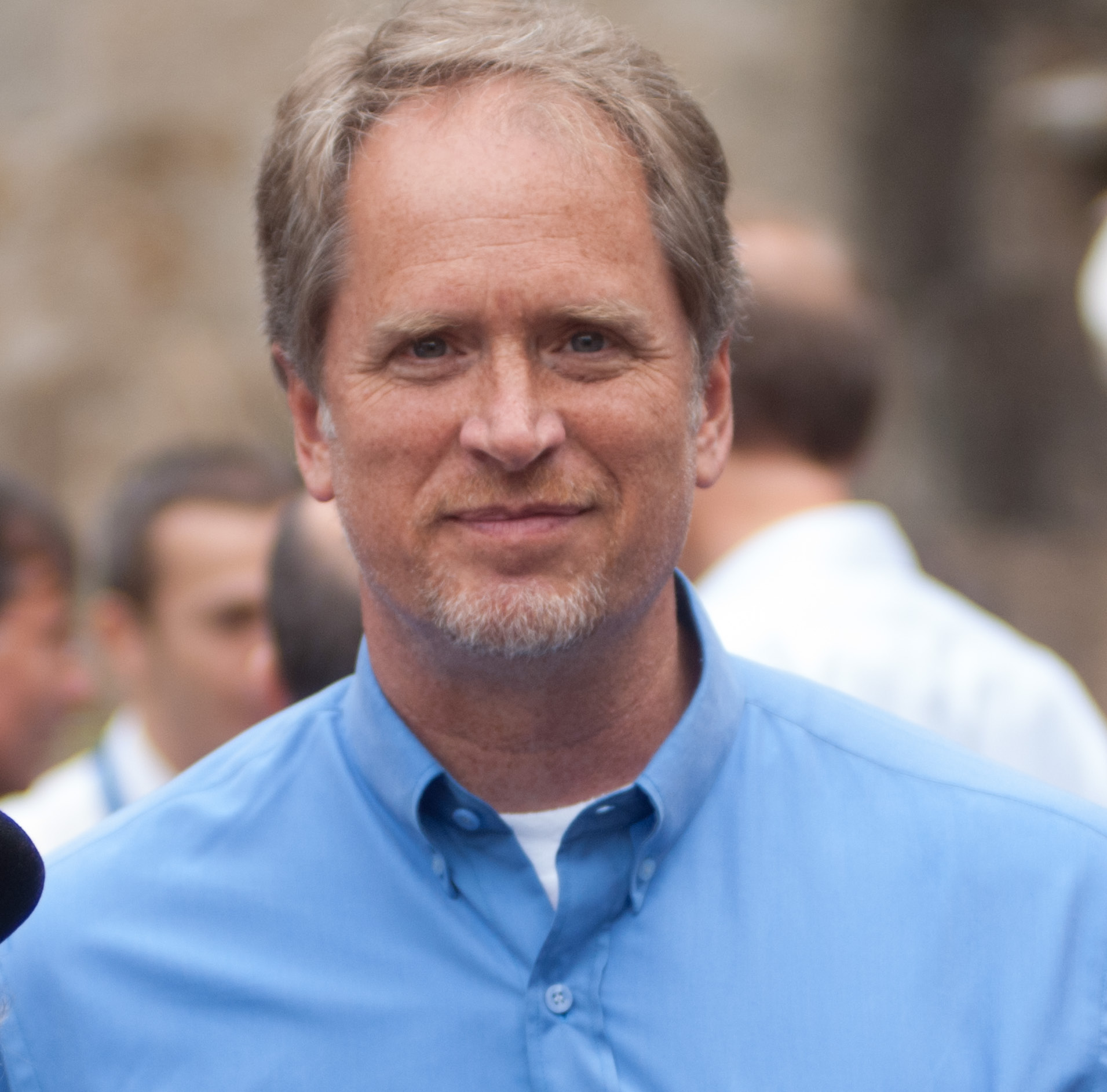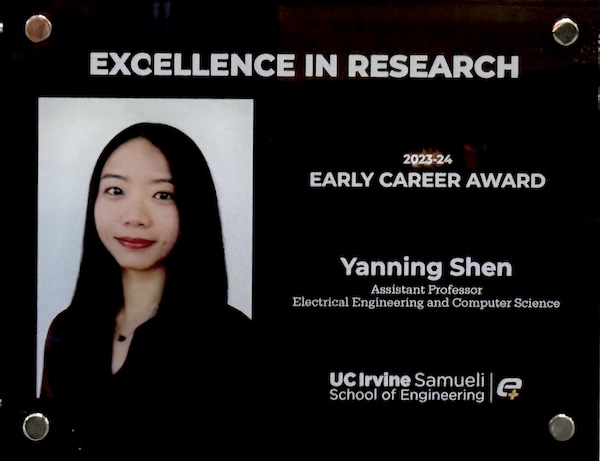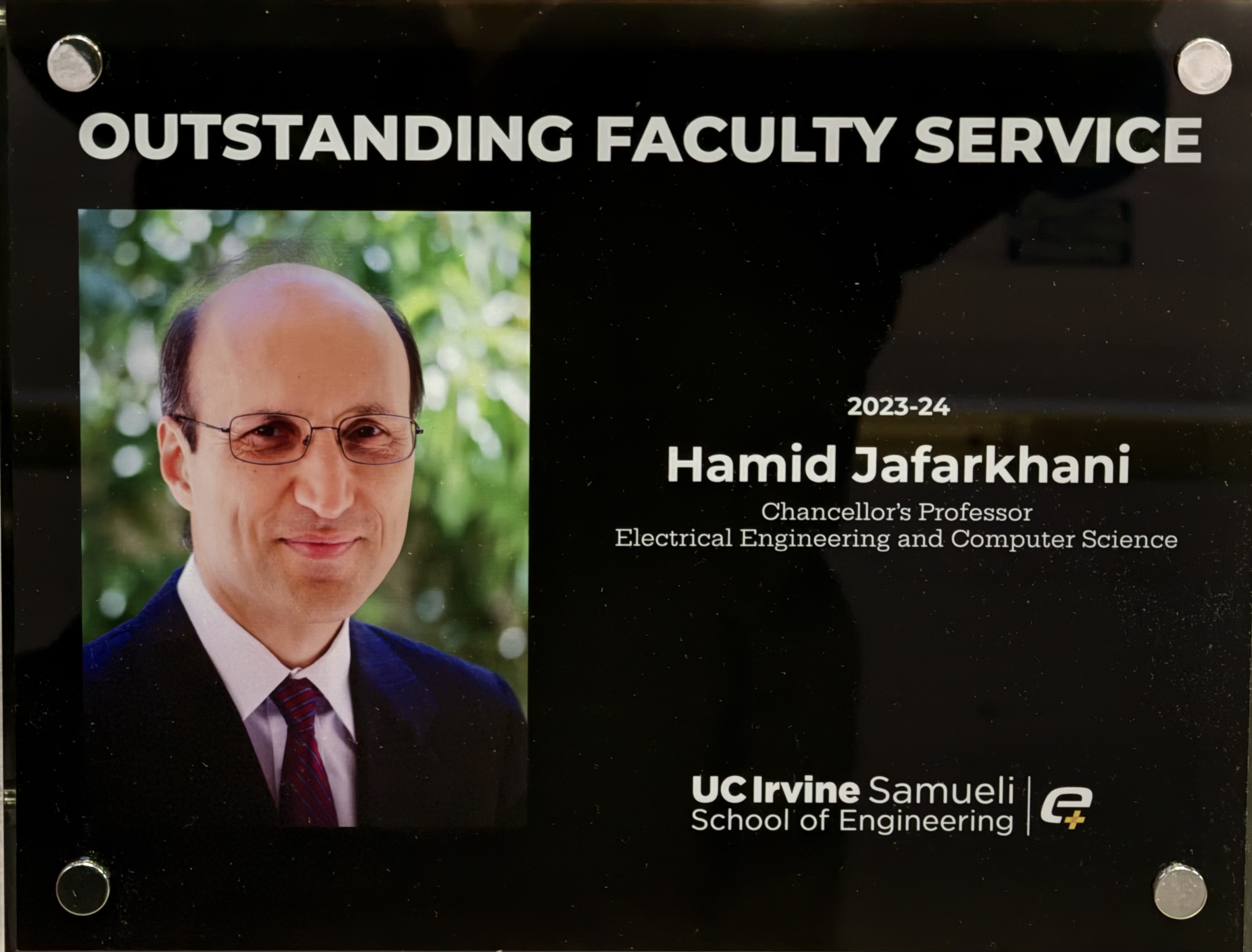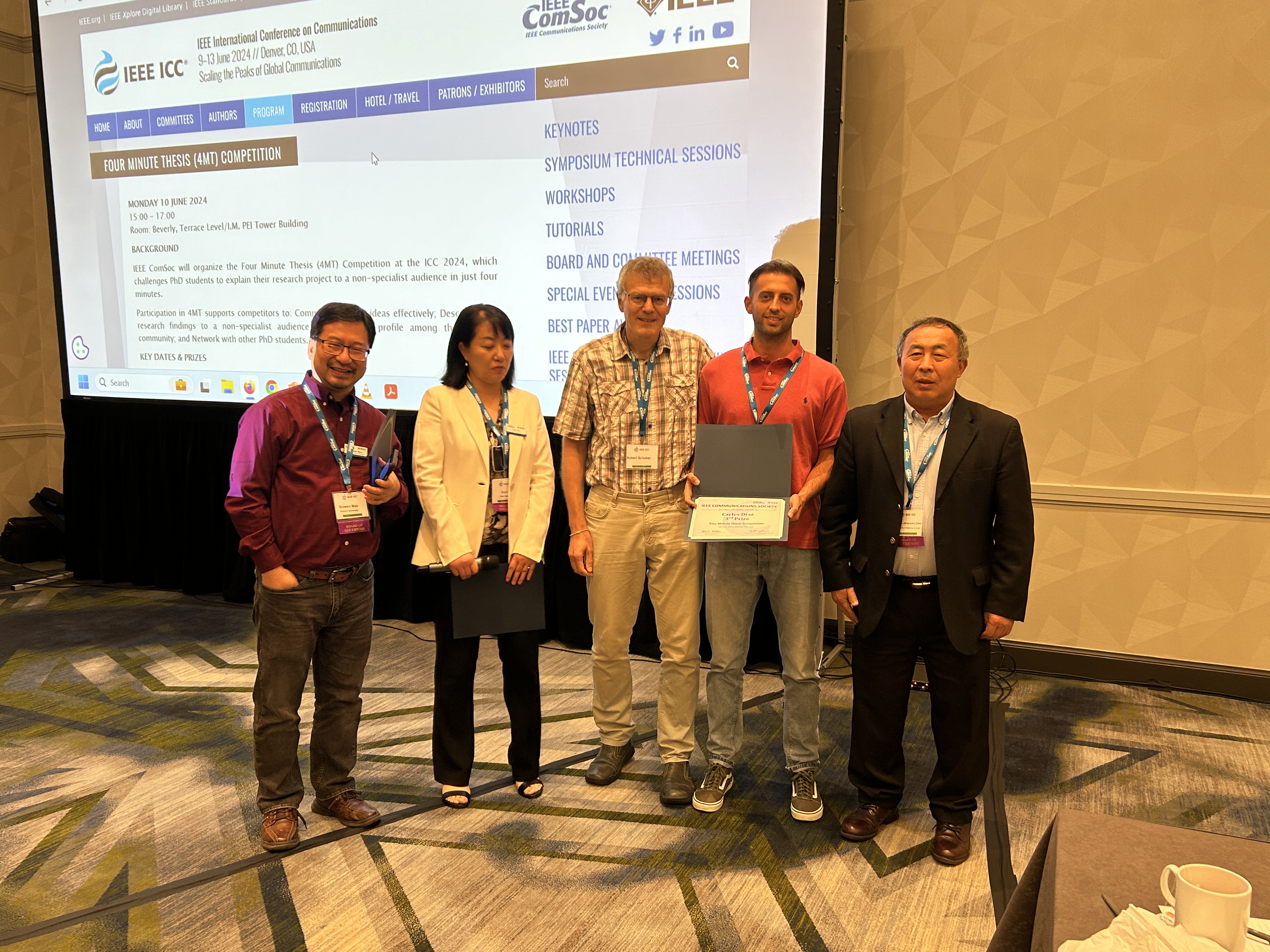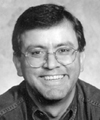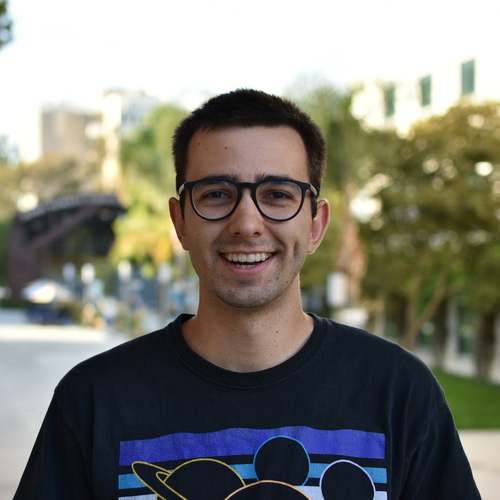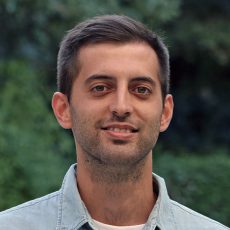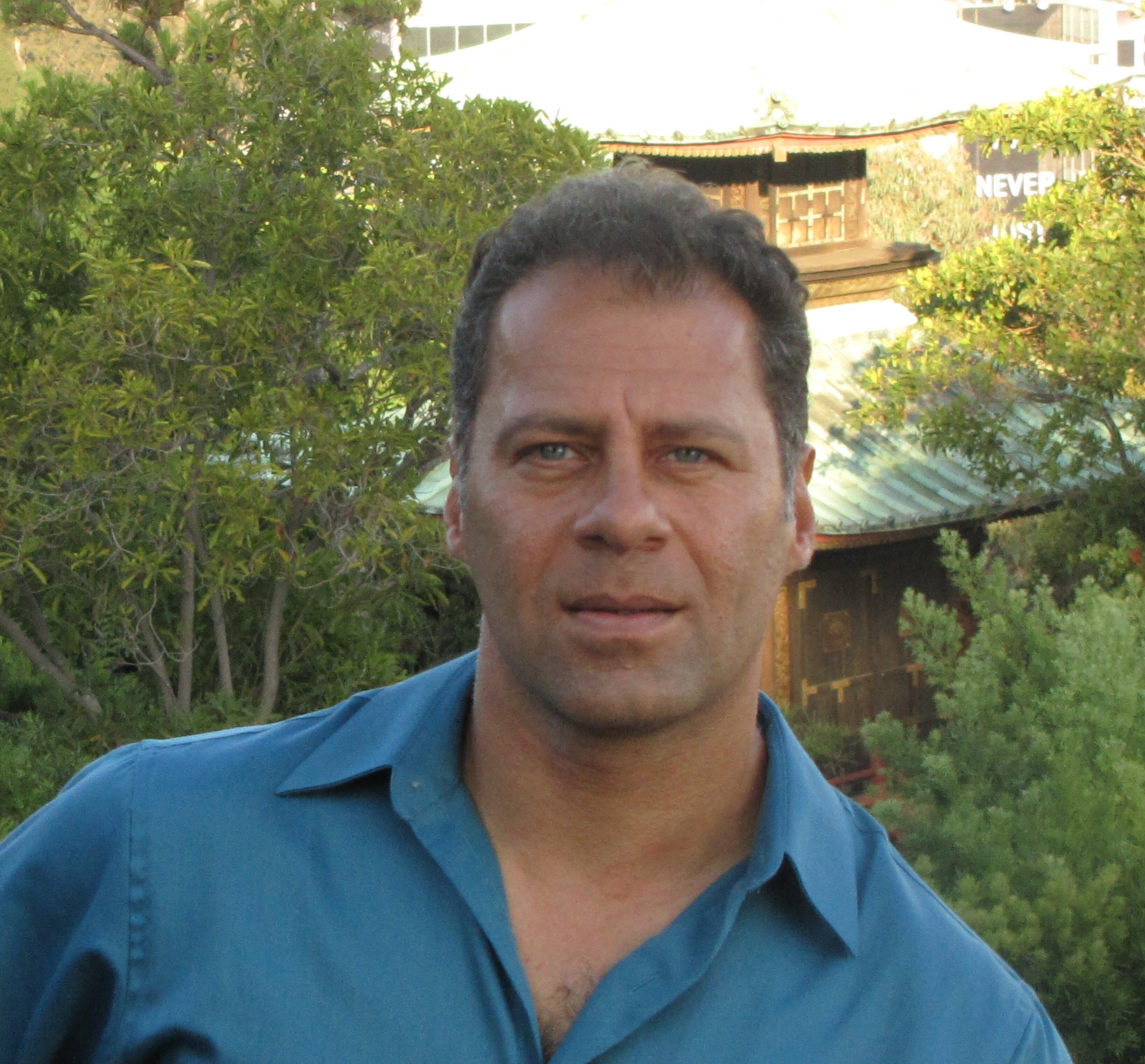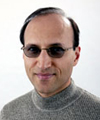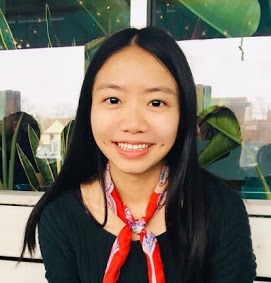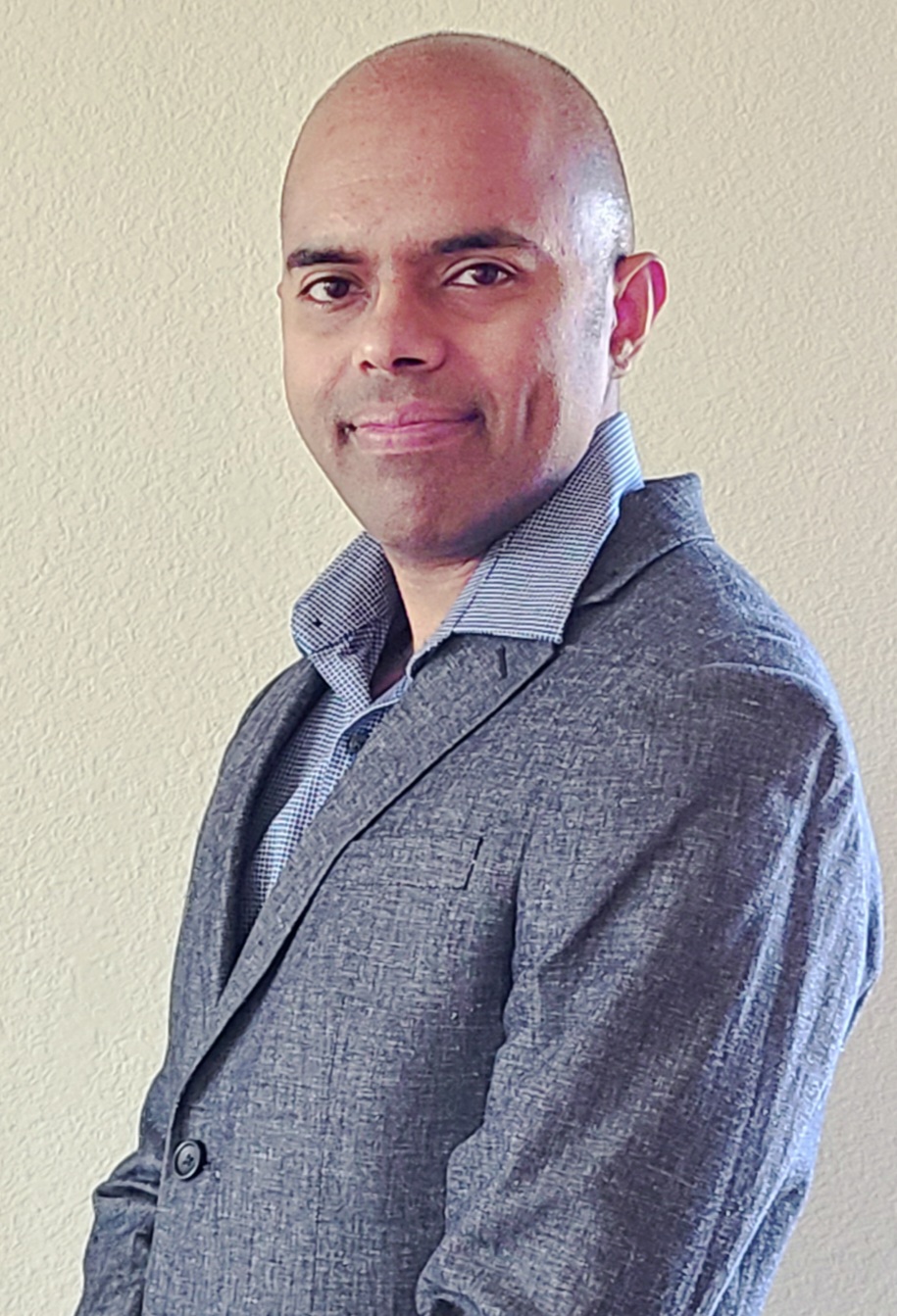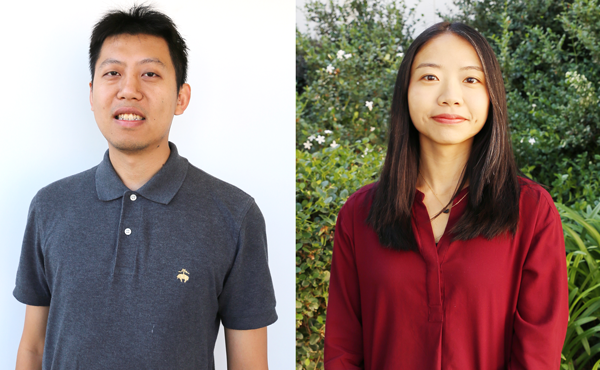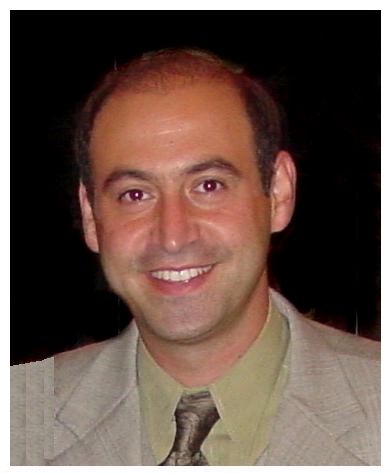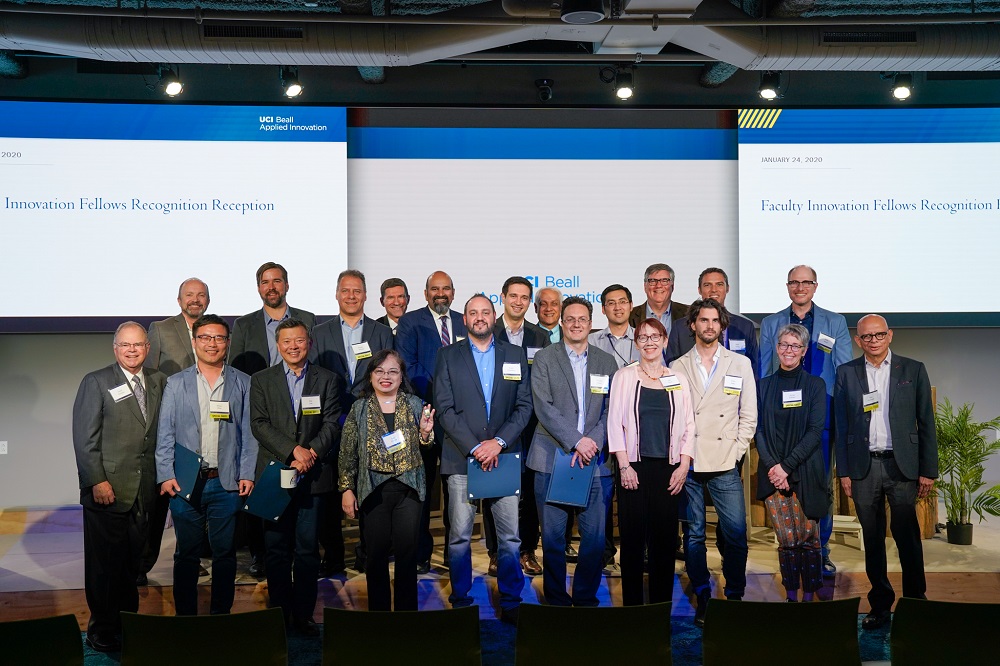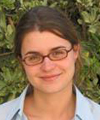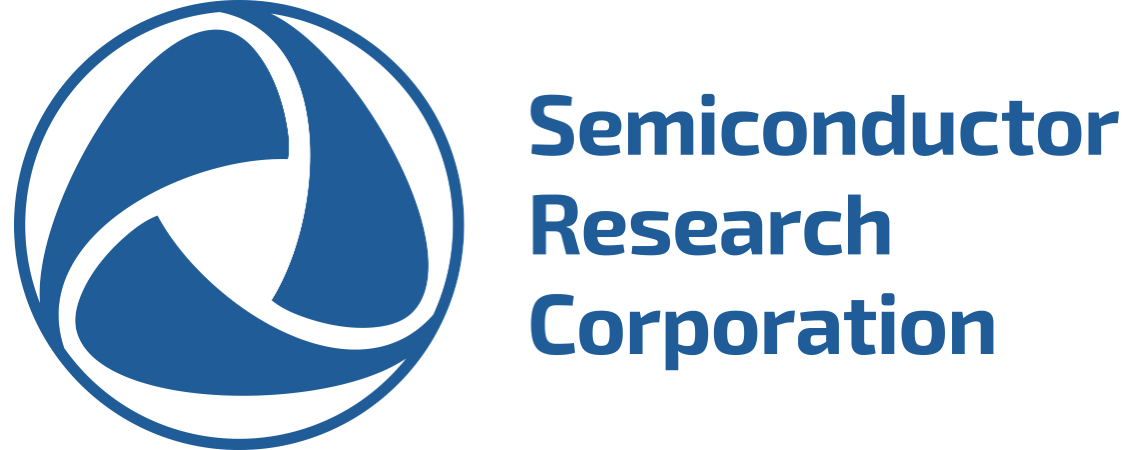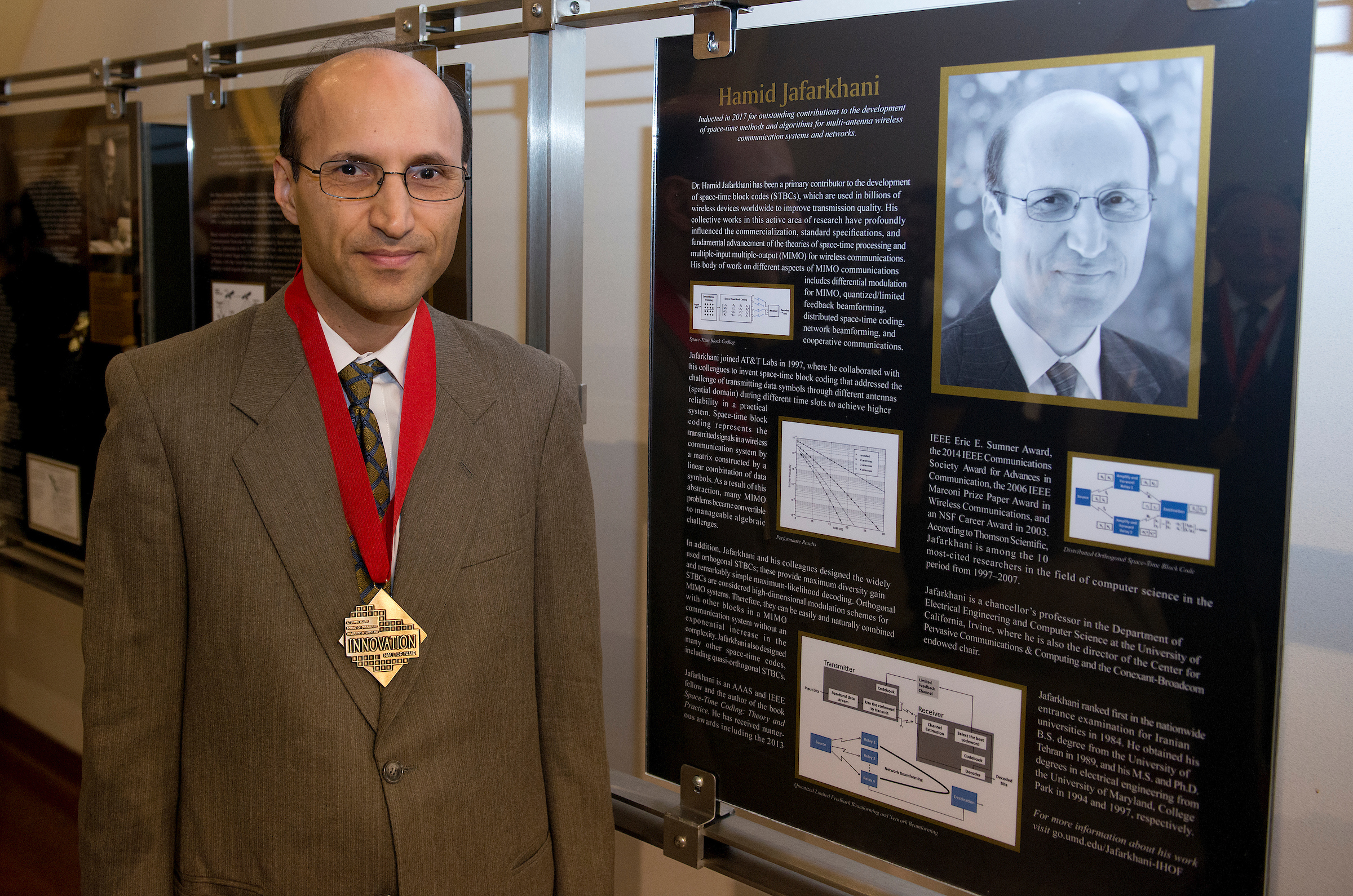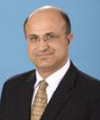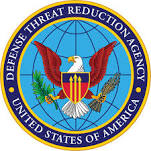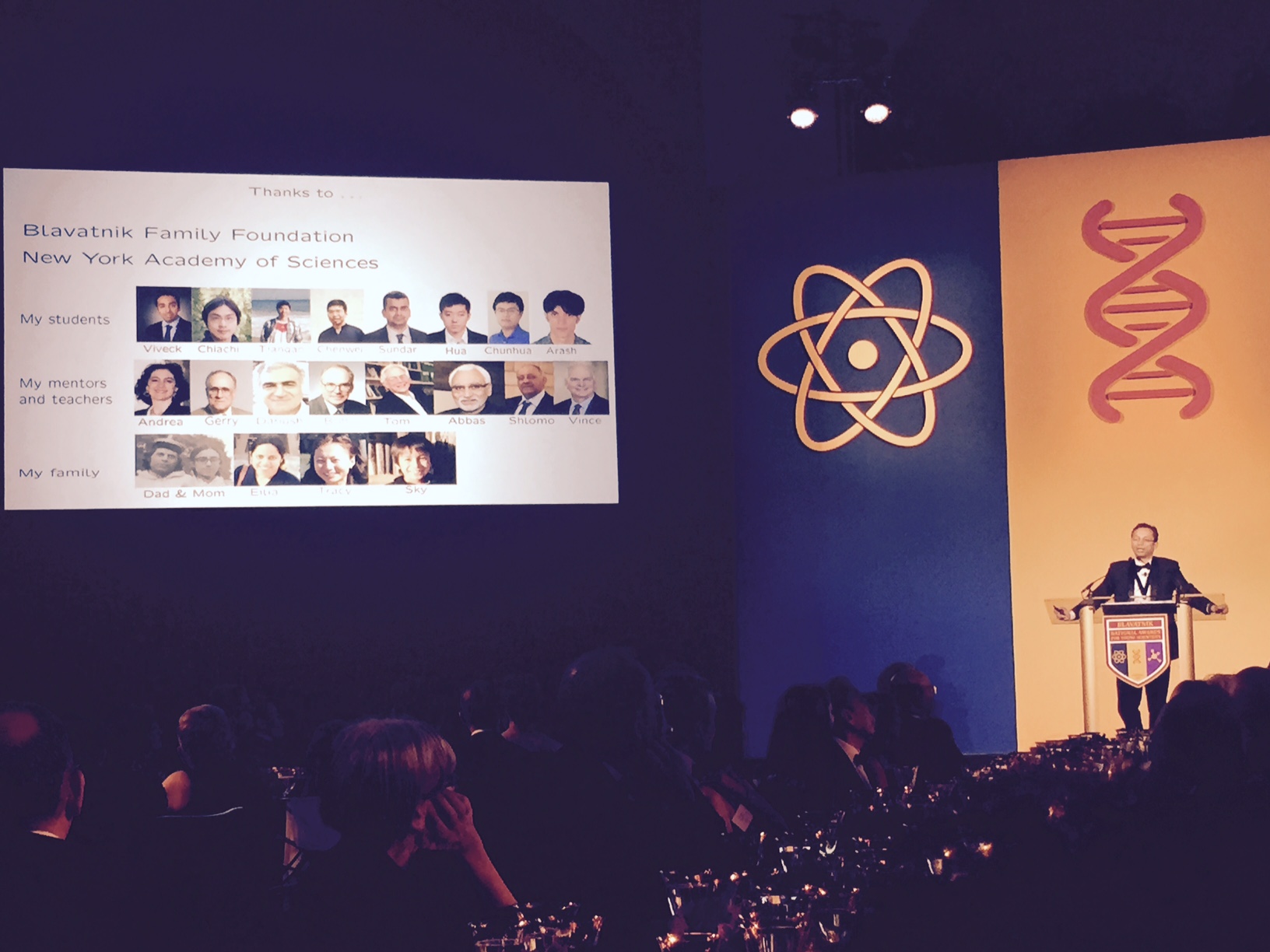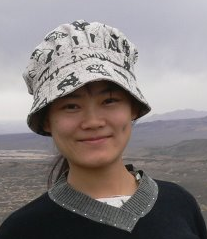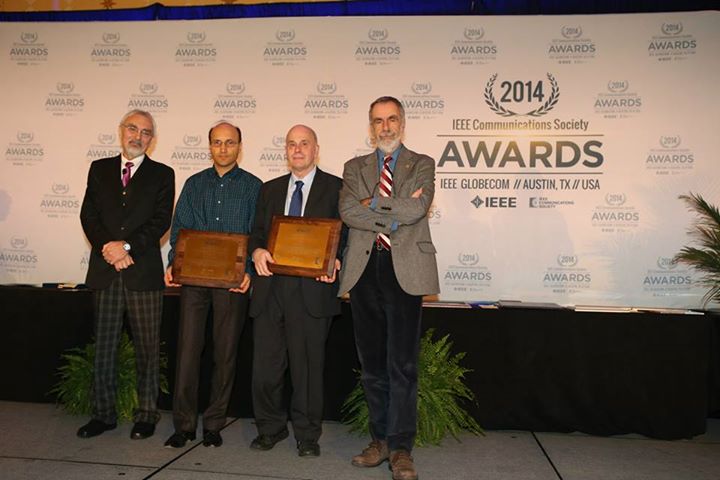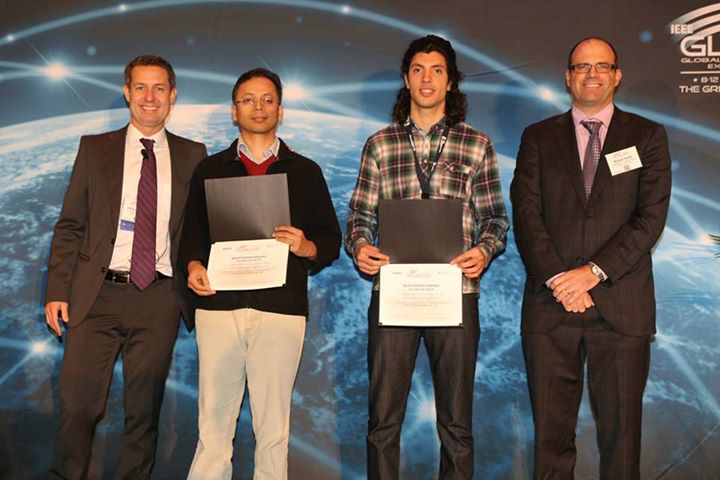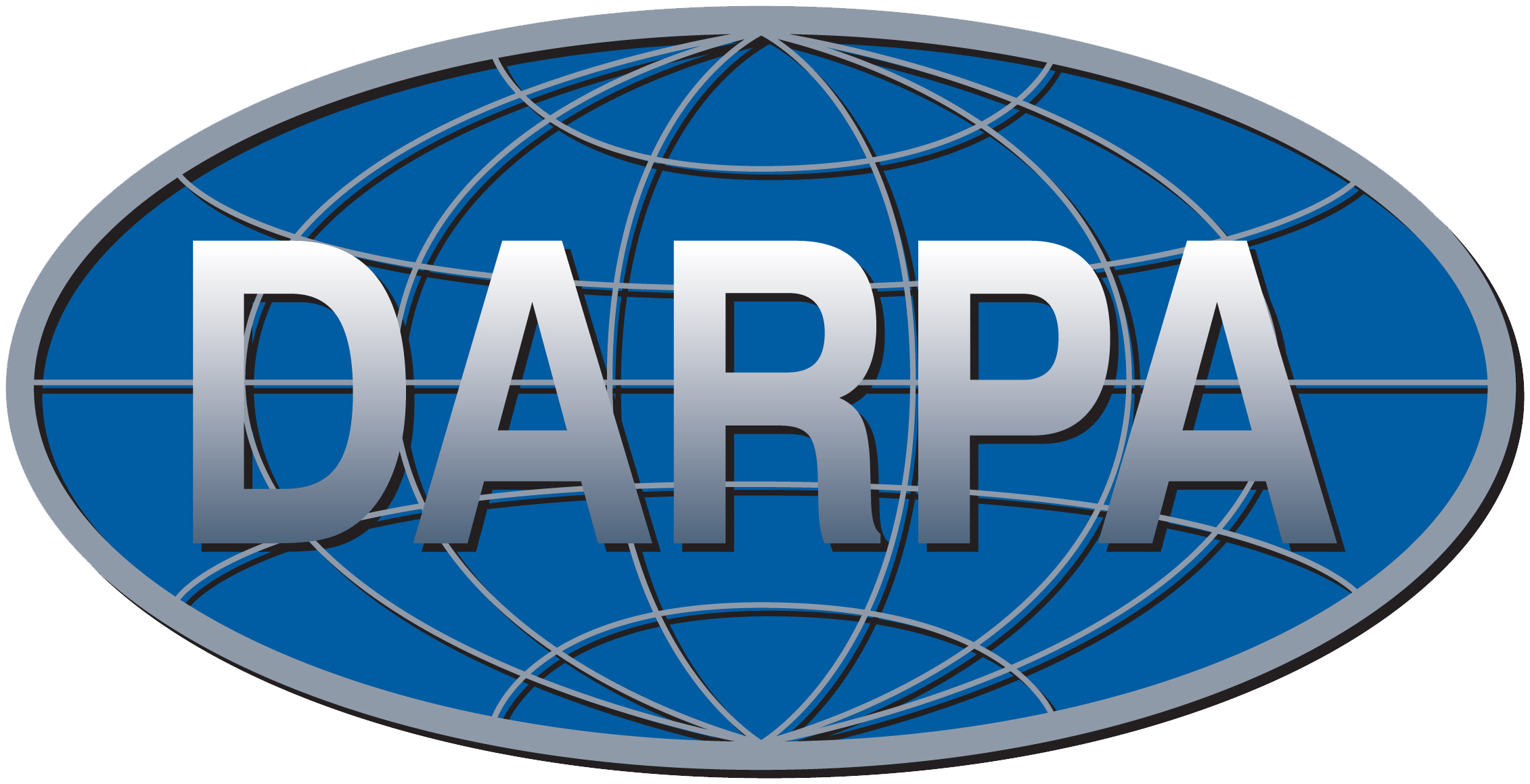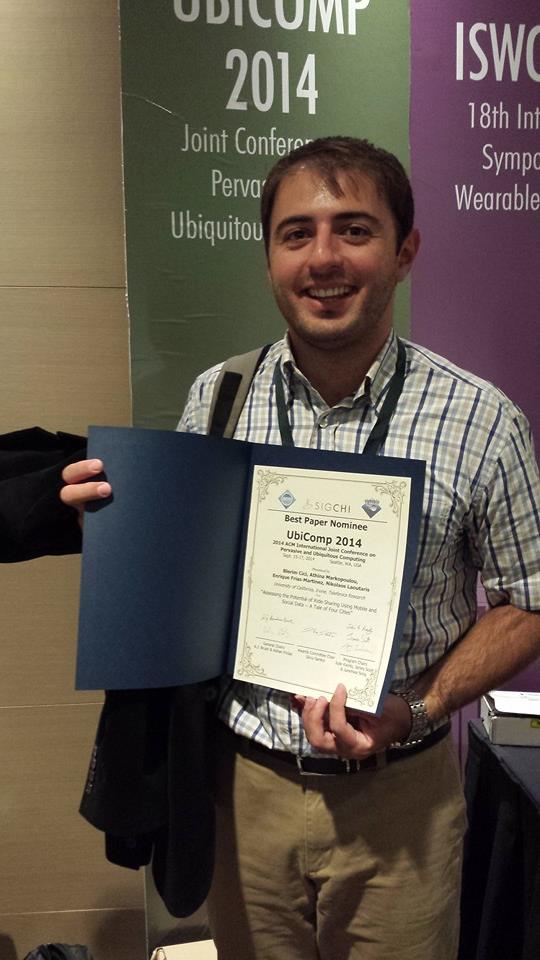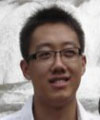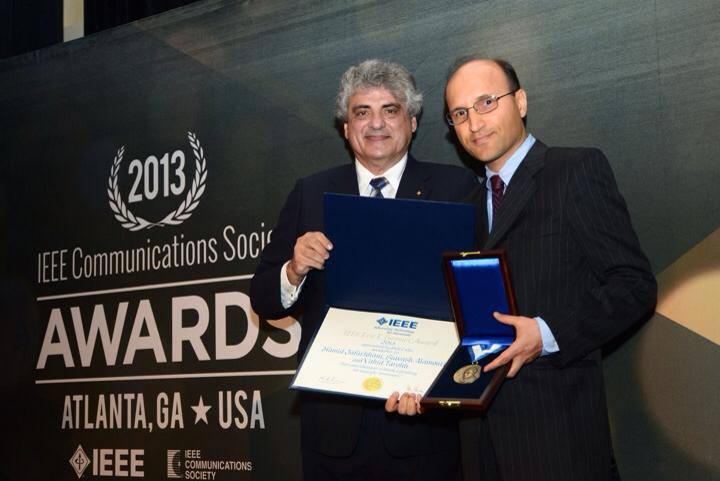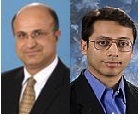CPCC faculty Syed A. Jafar was invited by the European COMONSENS project
to present a plenary talk and to provide feedback on the final project
meeting held at the University of Vigo, Spain in the first week of July
2013. Prof. Jafar's talk on "Topological Interference Management"
explored the index coding problem from an interference alignment
perspective and established an essential equivalence between the index
coding problem and the optimal interference avoidance problem.
CPCC Member Receives Microsoft Faculty Award
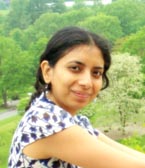
CPCC member Prof. Anima Anandkumar has been awarded a 2013 Microsoft Research Faculty
Fellowship. She is one of seven from around the world to receive this
support. Microsoft Research awards the annual fellowships to aid
talented early-career faculty members in their pursuit of
breakthrough, high-impact research that has the potential to help
alleviate some of today’s most challenging problems. The fellows,
nominated by their universities, represent the brightest young
academics in the field of computer science and related areas.
CPCC Member Receives ARO Young Investigator Award

CPCC member Prof. Anima Anandkumar has been awarded the 2013 Young Investigator Award
(YIP) by the Army Research Office (ARO).
The award grant covers three years. Dr. Anandkumar's proposal is on
"Learning, Dynamics and Intervention in Large-Scale Social Networks."
The objective of the YIP is to attract to Army research outstanding
young university faculty members, to support their research, and to
encourage their teaching and research careers.
CPCC Student Selected as a Finalist
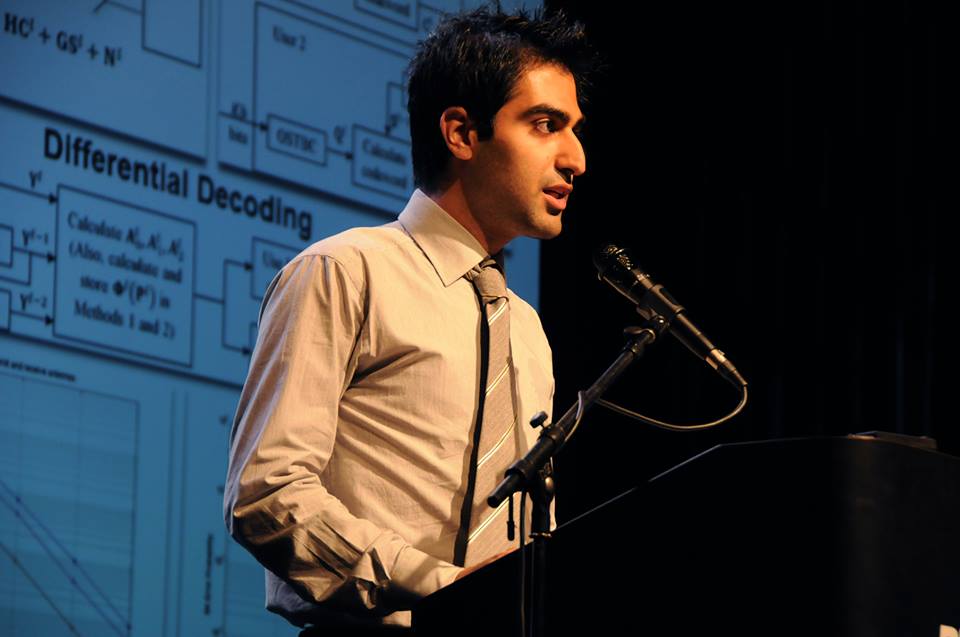
CPCC student Sina Poorkasmaei was selected as a finalist in the 2013
Broadcom Student Competition.
Sina Poorkasmaei's project was a low complexity differential modulation
scheme for MIMO multiple access channels. The problem had been an open
problem for years. As a finalist, he received $1000 prize during the
Broadcom Technical Conference on June 6.
Sina Poorkasmaei's PhD advisor is CPCC faculty Hamid Jafarkhani.
CPCC Member Presents a NetCod'13 Keynote Talk
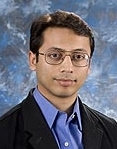
CPCC faculty Syed A. Jafar presented a plenary talk at the 2013 IEEE
International Symposium on Network Coding (NetCod 2013), held in
Calgary, Canada, June 7-9, 2013. Prof. Jafar's talk was on the
relationship between the index coding problem and the wireless
topological interference management problem, how these problems may be
viewed from an interference alignment perspective, and the necessity for
non-Shannon type information inequalities for these problems.
CPCC Member Presents a Keynote Talk

CPCC faculty Syed A. Jafar presented a keynote talk at the Newcom# Summer School on Interference Management
for Tomorrow's Wireless Networks, hosted by Eurecom in Sophia-Antipolis, France, May 28-31, 2013. Prof. Jafar's
talk on "Topological Interference Management for Wireless Networks" presented an information theoretic view of the
two robust principles of avoiding interference when it is strong and treating it as noise when it is weak.
CPCC Member Named Distinguished Lecturer

CPCC faculty Prof. Syed Jafar has been named a 2013-14 Distinguished Lecturer by the IEEE Communications
Society. The Distinguished Lecturer Program provides a means for IEEE Chapters and other organizations
to identify and arrange lectures by renowned authorities on IEEE Communications Society (ComSoc) topics.
The topics of Dr. Jafar's lectures are interference alignment and index coding.
CPCC Student Wins a Best Paper Award
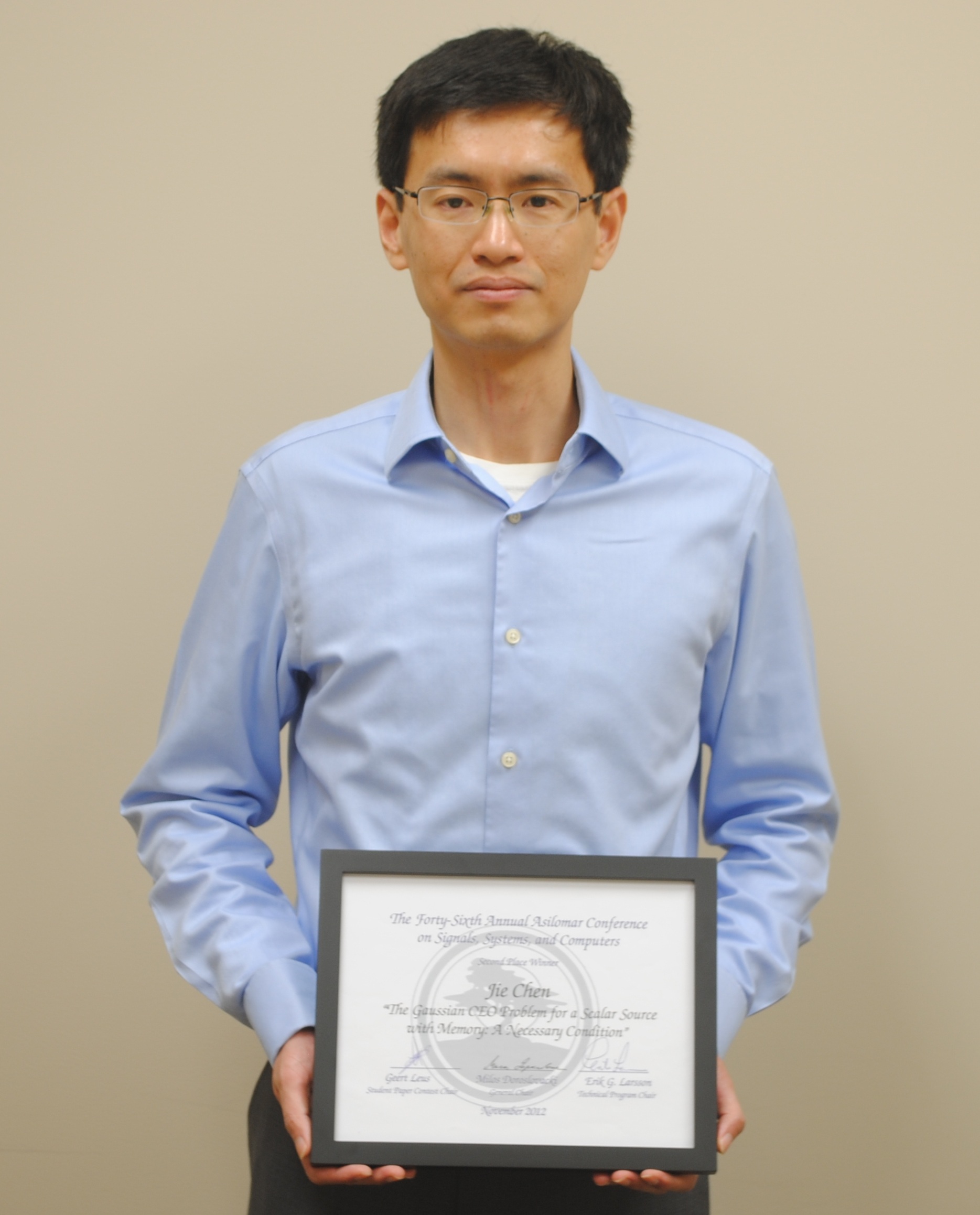
CPCC student Jie Chen received 2nd place in the Student Paper Competition at the 2012 Asilomar
Conference on Signals, Systems and Computers held in November, 2012, at Pacific Grove, CA.
The title of the award-winning paper was "The Gaussian CEO Problem for a Scalar Source with
Memory: A Necessary Condition," and was co-authored by fellow CPCC student Feng Jiang and Prof.
Lee Swindlehurst. The award included a $400 prize.
CPCC Member Receives an NSF CAREER Award

CPCC Member Anima Anandkumar is the recipient of a CAREER Award from
the Division of Computer and Communication Foundations of the National
Science Foundation (NSF). The title of the ~$550K grant is "Modeling
Dependencies via Graphs: Scalable Inference Methods for Massive
Datasets." The award is granted for a period of 5 years starting in
2013.
Today, we have access to data on a massive scale in a number of
domains such as online social networks, genomic sequencing, etc.
This data deluge is however accompanied by a plethora of challenges.
The collected data is typically noisy, subsampled and
high-dimensional, i.e., possessing a large number of variables or
"unknowns" compared to the number of observations or "knowns". Dr.
Anandkumar's research addresses the challenges of learning and
measurement of such high-dimensional data through a graph-based
approach.
Since CPCC's inauguration, all faculty who joined the center as assistant
CPCC Members Win a Best Paper Award
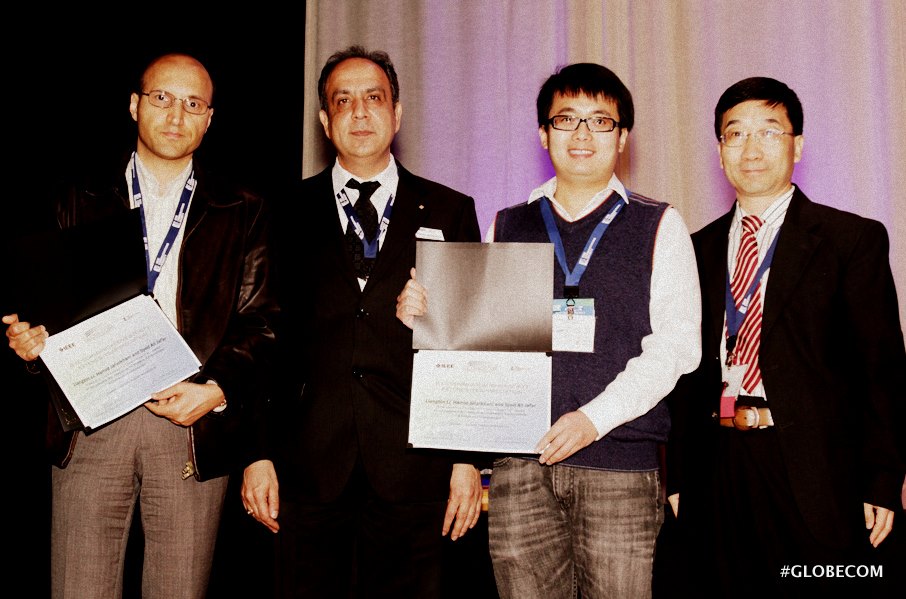
CPCC student Liangbin Li and CPCC faculties Hamid Jafarkhani
and Syed Jafar are the recipients of a Best Paper Award for their paper entitled
"Towards the Feasibility Conditions for Linear Interference Alignment with
Symbol Extensions: A Diversity Constraint" at the IEEE Globecom conference held
in Dec. 2012. IEEE Globecom is the flagship conference of the IEEE Communications Society.
CPCC Member Presents a Keynote Speech
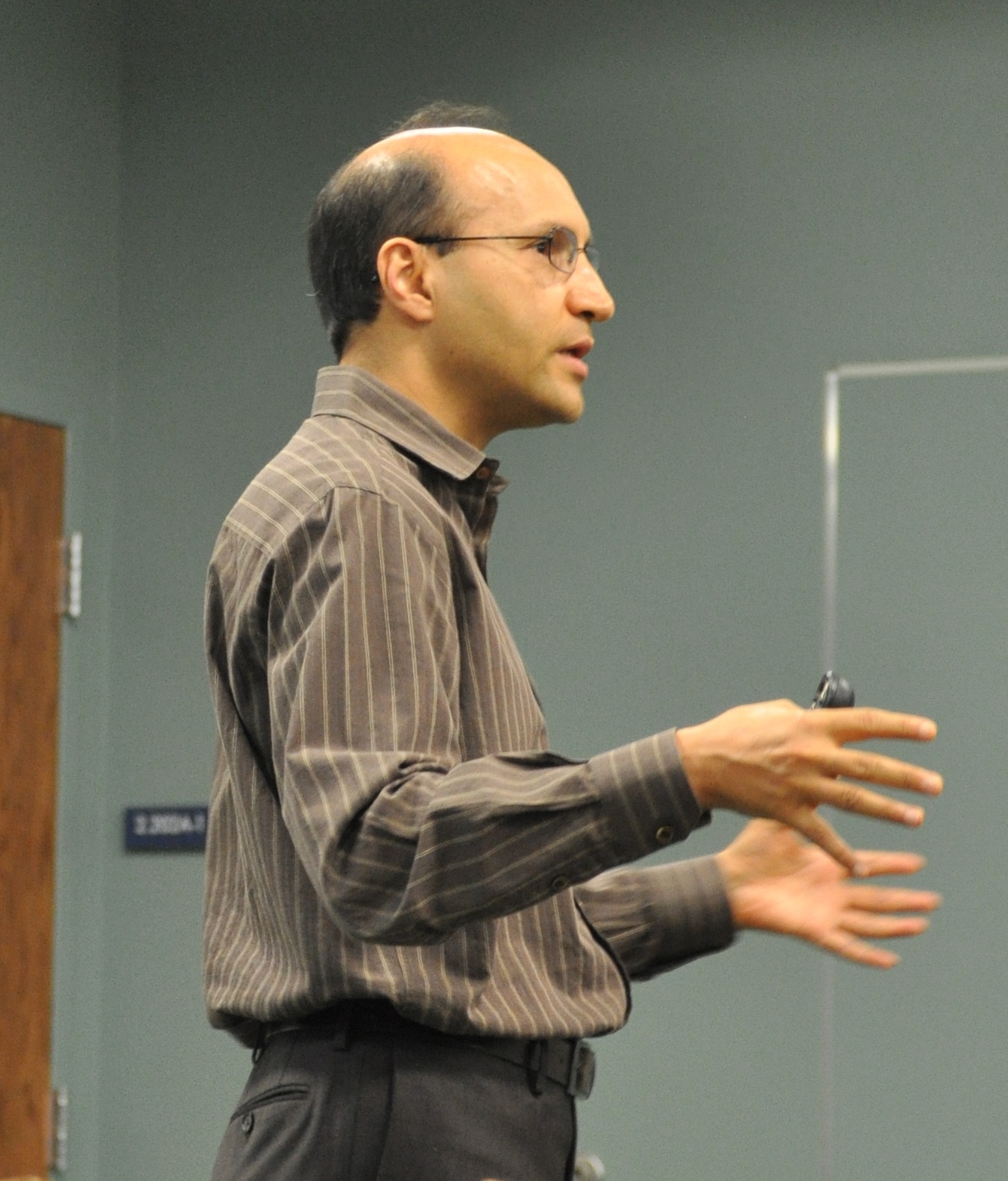
CPCC faculty Hamid Jafarkhani presented a keynote speech in the ACM Research
in Applied Computation Symposium (ACM RACS 2012) held in San Antonio, TX, October 23-26, 2012.
The symposium included sessions on network computing, security, cloud computing and
image processing. Prof. Jafarkhani's keynote speech on "Managing Interference in Cooperative
Wireless Networks" presented an overview of current wireless communication technologies
and recent progress in dealing with interference in wireless networks.
New NSF Research Grants Received by CPCC Members

CPCC Members Dr. Syed Jafar, Dr. Hamid Jafarkhani and Dr. Athina Markopoulou received four research grants from the National Science Foundation (NSF).
CPCC faculty Hamid Jafarkhani was awarded a 2012 NSF grant to pursue research outlined in the proposal: "Network Beamforming: A Distributed Source Coding Perspective."
The research will study the challenges in a multiple-source, multiple-relay, multiple-destination cooperative network suffering from interference.
Especially, the research will consider the effects of limited-feedback in collaborative beamforming.
CPCC faculty Syed A. Jafar was awarded a 2012 NSF Medium grant to pursue research outlined in the collaborative proposal:
"Multihop Multiflow Wireless Networks -- A Treasure Hunt" with colleagues at USC, Cornell University and University of Colorado.
The research will explore progressive capacity refinements, using principles of interference alignment and aligned interference neutralization,
for multihop wireless networks, starting from simple settings (few hops, few flows, layered networks) to increasingly complex network topologies.
CPCC member Dr. Athina Markopoulou received a research grant as Co-Principal Investigator from NSF in 2012 for a period of 3 years.
The project is titled "TWC: Medium: Collaborative Proposal: Safety in Numbers: Crowdsourcing for Global Software Integrity". This project explores a fundamentally new approach
to malware detection that promises to be faster, more effective, and cheaper than current tools.
CPCC member Dr. Athina Markopoulou received a NSF research grant in 2012 as a sole PI for a period of 2 years.
The project is titled "I-Corps: Microcast: Cooperative Networking of Mobile Devices."
In this project, a group of mobile devices are enabled to perform a common task (involving acquiring content from each other and/or from a remote server)
to enjoy higher bandwidth and lower delay than each device would be able to achieve by itself. This is achieved by building a
cooperative networking framework that enables several devices to use all their resources together.
CPCC Member Presents a Keynote Speech

CPCC member Prof. Heydari has given a keynote speech at the 10th International
SoC Conference. This conference was held from October 24 & 25, 2012 in Hilton Irvine,
California. In this keynote speech, Prof. Heydari gave comprehensive overview of Terahertz
and millimeter-wave (including both active and passive) imaging and their enabling and exciting
applications. The speech reviewed current efforts to push the design of integrated circuits to
operate at millimeter-wave and Terahertz frequency range. The talk covered daunting challenges
in designing Terahertz building blocks and active/passive imaging systems at various levels
of design hierarchy including system- and architecture-level down to the circuit- and device-levels.
Broadcom Foundation Gifts Support CPCC Research

Broadcom Foundation has provided gifts to support the research of CPCC faculty Michael Green, Syed Jafar and Hamid Jafarkhani. Broadcom is one of the original sponsors of CPCC and has continued his support through generous gifts to the center and his faculty members.
CPCC Member presents a Plenary Talk

CPCC faculty Syed A. Jafar presented a plenary talk at the 13th IEEE International Workshop on Signal Processing Advances in Wireless Communications (SPAWC 2012), held in Izmir, Turkey, June 17-20, 2012. The workshop included sessions on Interference Alignment, MIMO, Cognitive Radio, Scheduling and Cooperative Communications. Prof. Jafar's plenary talk on "Counting Signal Dimensions in MIMO Interference Networks" presented an overview of insights obtained from degrees of freedom analysis of distributed MIMO networks.
2012 Best CPCC Dissertation Award
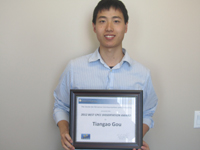
The 2012 recipient of the Best CPCC Dissertation Award is Tiangao Gou . The award is an annual award presented to a CPCC-affiliated student for her/his PhD research. A committee of CPCC faculty selects the recipient. The award includes a $500 honorarium.
Tiangao has published 8 journal papers and according to GoogleScholar his publications have been already cited 375 times. Tiangao's dissertation includes many new, significant, and fundamental ideas. Several of his contributions have been either seminal in starting new research avenues or conclusive contributions that have settled previously open problems, often with surprising insights, disproving prior conjectures by prominent researchers. For example, he has disproved a conjecture by Weingarten, Shamai, and Kramer regarding the collapse of degrees of freedom of compound broadcast channels, and also settled the open problem of optimal degrees of freedom characterization for this setting.
CPCC Member wins Multiple Teaching Awards

CPCC faculty Syed A. Jafar was awarded the Engineering School Teaching Excellence Award at the Annual UCI Celebration of Teaching, May 2012, co-sponsored by the Division of Undergraduate Education and the Senate Council on Student Experience (CSE). The Celebration of Teaching is hosted by the Teaching, Learning & Technology Center.
He also won the EECS Professor of the Year award for 2012 given by the Engineering Students Council at the Engineering Week Award Banquet. Professor Jafar has won this undergraduate teaching award a total of 4 times, in 2006, 2009, 2011 and 2012. During these years, Professor Jafar has taught Network Analysis (EECS 70A), Continuous Time Signals and Systems (EECS 150A) and Engineering Probability (EECS 140).
ONR Grant Received by CPCC Member
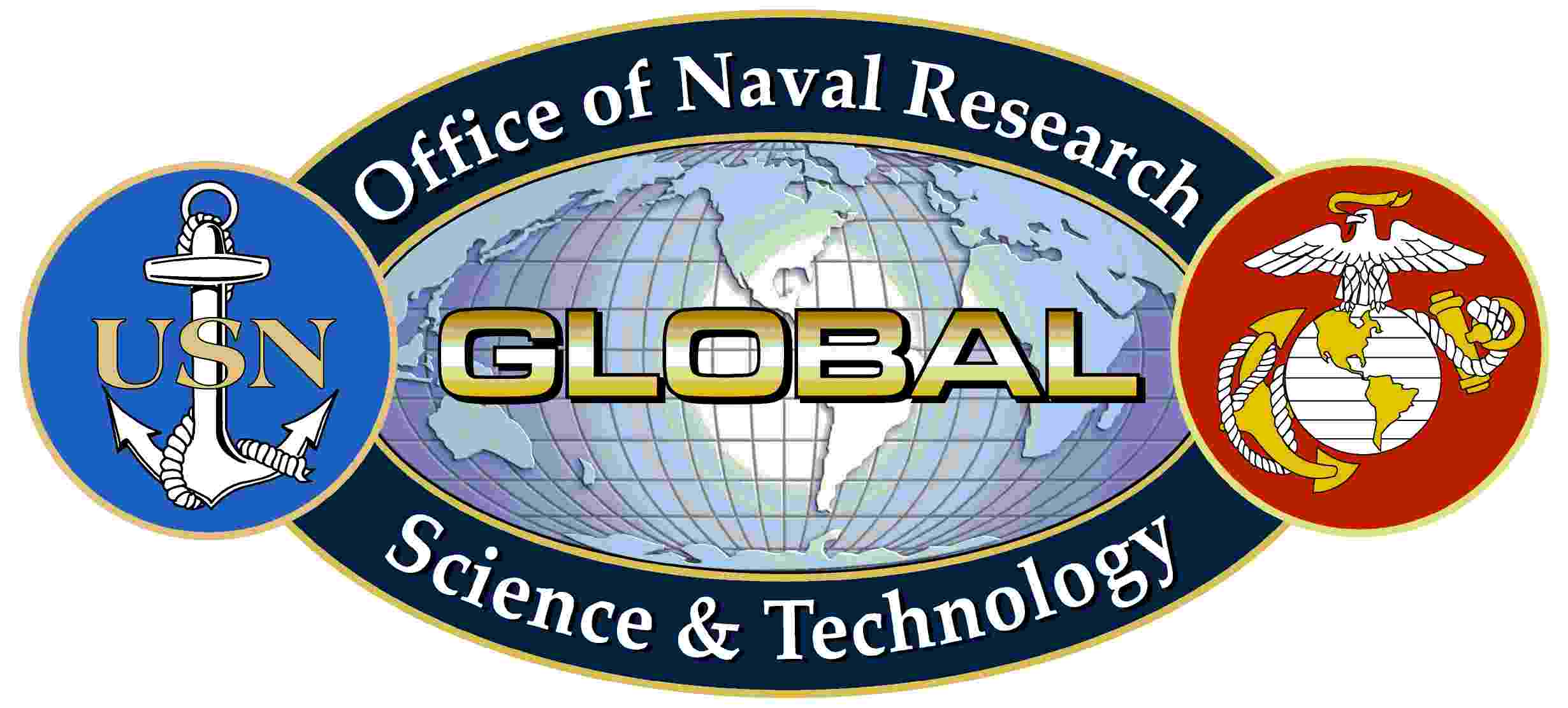
CPCC faculty Syed A. Jafar was awarded a single-investigator research grant from the Office of Naval Research (ONR) for his project on "Robust Interference Alignment Approaches for Tactical Communication Networks". This project explores the use of interference alignment techniques to obtain information theoretically optimal solutions to distributed storage repair problems.
CPCC Member presents a plenary talk
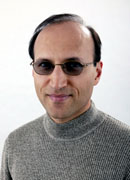
CPCC member Prof. Hamid Jafarkhani presented a plenary talk at the 12th IEEE International Workshop on Signal Processing Advances in Wireless Communications (SPAWC 2011), held in San Francisco June 26-29, 2011. The workshop included sessions on coding, cognitive radio, sensor networks, MIMO, interference and cooperative networks. Prof. Jafarkhani's plenary talk on "Distributed Beamforming in Wireless Relay-Interference Networks" presented an overview of distributed beamforming and recent progress in dealing with interference in wireless relay networks.
Broadcom Foundation Gifts Support CPCC Research

Broadcom Foundation has provided gifts to support the research of CPCC faculty Michael Green, Syed Jafar and Hamid Jafarkhani. Broadcom is one of the original sponsors of CPCC and has continued his support through generous gifts to the center and his faculty members.
New NSF Research Grant Received by CPCC Member

CPCC member Lee Swindlehurst received a research grant from the National Science Foundation (NSF) in 2011 for a period of 3 years.
The project is titled "Jamming in Wireless Networks: Offensive Strategies and Cooperation." The research focuses on jamming techniques that exploit multiple antennas at the physical layer.
CPCC Member presents Inaugural Lecture

CPCC faculty Syed A. Jafar presented the inaugural lecture at the First Canadian School of Information Theory, held on the campus of UBC Okanagan, Canada in May 2011. The first Canadian School of Information Theory, sponsored by the Canadian Society of Information Theory (CSIT), NSERC, and Pacific Institute of Mathematical Sciences, was offered in conjunction with CWIT 2011. The goal of the School of Information Theory is to bring graduate students and senior researchers together to participate in a stimulating program related to information theory and its applications.
Best CPCC Dissertation Award established
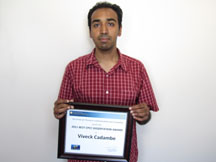
CPCC has established the Best CPCC Dissertation Award. The award is an annual award presented to a CPCC-affiliated student for her/his PhD research. A committee of CPCC faculty will select the recipient. The award includes a $500 honorarium.
The 2011 recipient of the Best CPCC Dissertation Award is Viveck Cadambe. Viveck is best known for the idea of interference alignment for wireless interference networks. His journal paper on the topic, co-authored by his advisor, CPCC faculty Prof. Syed Jafar, was awarded the IEEE Information Theory Society Best Paper Award for the year 2009. Viveck's work on interference alignment has become the basis for a highly active area of research. The concept of interference alignment, and in particular the interference alignment scheme proposed by Viveck, has provided highly counter-intuitive solutions to some of the most challenging and critical issues in areas as diverse as the capacity problem for wireless interference networks, the multiple unicast problem for network coding, and distributed storage repair bandwidth minimization problem in the data storage community.
CPCC Member wins a Teaching Award

CPCC faculty Syed A. Jafar won the EECS Professor of the Year award for 2011 given by the Engineering students council at the Engineering Week Award Banquet. Professor Jafar has won this undergraduate teaching award a total of 3 times, in 2006, 2009, and 2011. During these years, Professor Jafar has taught Network Analysis (EECS 70A), Continuous Time Signals and Systems (EECS 150A) and Engineering Probability (EECS 140).
CPCC Member wins a Best Paper Award

CPCC faculty Animashree Anandkumar is the recipient of the Best
Paper Award for her paper entitled "Topology Discovery of Sparse Random
Graphs Using Few Participants" at the ACM SIGMETRICS conference held in
June 2011. ACM SIGMETRICS conference is the flagship conference of the ACM special
interest group for the computer systems performance evaluation community. This year,
SIGMETRICS was a part of FCRC 2011, the ACM Federated Research Conference.
CPCC Member Elected as a Fellow of AAAS

CPCC Member Hamid Jafarkhani has been elected as an American Association for the Advancement of Science (AAAS) Fellow. The AAAS Council elects members whose "efforts on behalf of the advancement of science or its applications are scientifically or socially distinguished" as AAAS Fellows. Dr. Jafarkhani is being honored for "distinguished contributions to the field of communications." His certificate and rosette will be presented to him in Washington, DC on Feb. 19 during the AAAS Fellows Forum, a part of the Association's Annual Meeting.
DOD Research Grant Received by CPCC Members
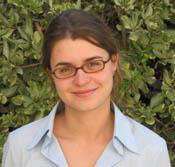
CPCC members Athina Markopoulou, Lee Swindlehurst and Animashree Anandkumar received a research grant from the Air Force Office of Scientific Research (AFOSR). The grant is to pursue research outlined in the proposal: "NetSense: Optimizing Network Configuration for Sensing.
Mindspeed Grant Supports CPCC Research

Mindspeed Solutions, Inc. has provided gifts to support the research of CPCC faculty Ahmed Eltawil, Michael Green and Payam Heydari. Mindspeed Solution Inc. is one of the original sponsors of CPCC and has continued his support through generous gifts to the center and his faculty members.
CPCC Member Joins Honor Roll as Erskine Fellow

CPCC faculty Syed A Jafar joins the honor roll of Erskine Fellows at the University of Canterbury, Christchurch New Zealand for 2010. Erskine Fellows are distinguished academics in their field who are invited to the University of Canterbury for durations of, normally, one to three months for the purpose of giving lectures in the topics of their expertise to students of the University of Canterbury, New Zealand.
CPCC Member Receives Best Faculty Research Award

CPCC member Prof. Syed A. Jafar received the School of Engineering Fariborz Maseeh Outstanding Research Award. Dr. Jafar was recognized for his research contributions, especially in the area of interference management for communication networks. The award was presented at the Henry Samueli School of Engineering Banquet, held on September 21, at the Engineering Plaza on campus. Previously CPCC members Prof. Michael Green had received the Fariborz Maseeh Best Teaching Award and Professors Hamid Jafarkhani and Payam Heydari had received the Fariborz Maseeh Best Faculty Research Award.
New NSF Research Grants Received by CPCC Members

CPCC Members Dr. Payam Heydari, Dr. Athina Markopoulou, Dr. Hamid Jafarkhani, Dr. Syed Jafar, Dr.Lee Swindlehurst
and Dr.Ahmed Eltawil received five research grants from the National Science Foundation (NSF).
The title of Dr. Heydari's award is "Novel Radio-Frequency (RF)-Modulated Near Infrared (NIR) Electro-Optic
Phased Array Imaging Systems" and the grant will be active for three years. The objective of Dr. Heydari's research
is to develop and investigate a new low-cost, broadband, RF-modulated near-infrared imaging integrated system for detecting breast cancer. The approach is to design a novel electro-optic two-element phased-array system with high spatial resolution to obtain accurate information about the breast tissue's optical scattering and absorption properties.
The title of Dr. Markopoulou's award is "Topology and Function in Computer, Social and Biological Networks."
This is a Type II CDI grant for four years and Dr. Markopoulou's co-PI's are Dr. Carter Butts and Dr. Natasa Przulj.
They will investigate the modeling of interactions between network topology and element attributes or function;
the characterization of unknown network structure from imperfect and incomplete data; and the development of associated
algorithms which will scale efficiently to large systems.
The title of Dr. Jafarkhani and Dr. Jafar's award is "Interference Alignment and the Rate-Reliability Tradeoff
of Wireless Networks" and as a medium CIF grant will be active for four years. Dr. Jafarkhani and Dr. Jafar plan to
examine the rate-reliability tradeoff of interference alignment schemes. They investigate the tradeoff from the traditional
coding perspective which places emphasis on low decoding complexity, usually at the cost of a restricted notion of optimality
and also in the Shannon framework which allows strong definitions of optimality, usually at the cost of unbounded delay and complexity.
The ultimate goal of the project is to use the collective insights to develop new physical layer schemes that can operate at the frontier of the rate-reliability tradeoff.
The title of Dr. Swindlehurst's award is "Physical
Layer Optimization for Cognitive Sensor Networks" and the grant will be active from 2009 to 2013. This research effort
introduces Cognitive Sensing as a concept dual to that of cognitive communications, and investigates the competing objectives of
sensing and communications networks. A cognitive sensor would adaptively adjust its operating parameters in response to the environment
it finds itself in so as to optimize sensing performance, or perhaps a dual performance metric that includes both sensing and communications
functions.
CPCC Member Dr. Ahmed Eltawil received a NSF research grant whose title is "EAGER: Collaborative Research: Towards A
Unified Wireless Network Involving Reconfigurable Devices" and the grant will be active for one year. The project aims to: (i) improve understanding of the roles and impacts of next-generation
software-defined radios on future wireless systems; (ii) produce a device model that accurately represents the capabilities
and limits of next-generation software-defined radios; and (iii) develop new techniques for managing bandwidth in such a unified wireless network.
CPCC Welcomes New Faculty Member

Dr. Animashree Anandkumar has joined the Department of Electrical Engineering and Computer Science as an assistant professor as of July 2010. Her research interests are in the area of networking, statistical-signal processing, and information theory. Currently, she is working on inference of graphical models and on distributed learning and inference algorithms.
Dr. Anandkumar received B.Tech in Electrical Engineering from the Indian Institute of Technology Madras in 2004 and a Ph.D in Electrical Engineering from Cornell University in 2009. She was a post-doctoral researcher at the Stochastic Systems Group at MIT, Cambridge, MA between 2009 and 2010. She is the recipient of the 2008 IEEE Signal Processing Society (SPS) Young Author award, 2009 Best thesis award by the ACM Sigmetrics society, 2008 Fran Allen IBM Ph.D fellowship and the Student Paper Award at the 2006 International Conference on Acoustic, Speech and Signal Processing (ICASSP).
CPCC Member presents a plenary talk

CPCC member Dr. Syed Jafar presented a plenary talk at the International Conference on Signal Processing and Communications (SPCOM) 2010, held at the Indian Institute of Science (IISC) Bangalore India July 18-21, 2010. SPCOM is a biennial conference that has been organized at IISC since 1990 and includes a mix of invited and contributed talks from academia, research laboratories and industry on recent developments in signal processing and communications. Dr. Jafar's plenary talk on "Asymptotic Interference Alignment" presented an overviews of interference alignment schemes extending from wireless networks to network coding and distributed storage applications.
CPCC member will present a keynote speech
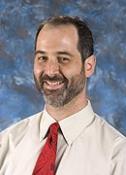
CPCC member Prof. Michael Green has been invited to give the keynote address at the European Conference on Circuits and Systems for Communications, to be held Nov. 23-35 in Belgrade, Serbia. This conference, sponsored by the IEEE Circuits & Systems Society, is the premier venue in Eastern Europe for presenting new concepts in the modeling, simulation, and design of communication circuits. Prof. Green's talk will give an overview on the design of wireline communication systems, including both a historical perspective and a presentation of new developments.
CPCC student wins a Best Paper Award
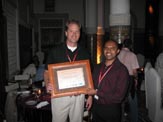
CPCC member and Ph.D student Amitav Mukherjee was presented with the Best Student Paper Award at the IEEE Workshop on Signal Processing Advances in Wireless Communications (SPAWC) held in Marrakech, Morocco, June, 2010. His paper, entitled "Securing Multi-Antenna Two-Way Relay Channels with Analog Network Coding Against Eavesdroppers," considers the design of linear precoders to decrease the likelihood of an unintended listener from eavesdropping on the communications of two-way relay networks. Prof. Lee Swindlehurst is supervising Mukerhjee's work on this project.
CPCC Member presents a plenary talk

CPCC member, Dr. Syed Jafar presented a plenary talk at the 2010 IEEE Communication Theory Workshop held in Cancun, Mexico, May 10-12, 2010. The workshop included focused sessions on future cellular networks (Cellular 10X), cognitive radio and wireless networking as well as panels on emerging topics and the impact of communication theory on future technology development. Dr. Jafar's plenary talk on "Robust Interference Alignment" explained the challenges and novel insights associated with interference alignment techniques in the presence of channel uncertainty.
CPCC Professors and Former Student Win Best Paper Award
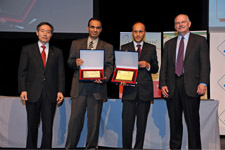
A paper written by CPCC professors Homayoun Yousefi'zadeh and Hamid Jafarkhani and CPCC alumni Javad Kazemitabar who received his doctorate in 2008, has received the 2010 Best Paper Award from the IEEE/KICS Journal of Communications and Networks (JCN). "A Study of Connectivity in MIMO (Multiple-Input/Multiple-Output) Systems Fading Ad-Hoc Networks" was first published in the February 2009 issue of JCN. The award was presented May 24, 2010 at the IEEE International Conference on Communications (ICC) in Cape Town, South Africa.
CPCC Professor Wins a Best Paper Award
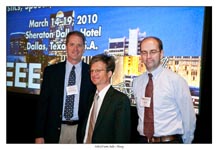
CPCC member Prof. Lee Swindlehurst received the 2010 IEEE Signal Processing Society Best Paper Award for "Zero-Forcing Methods for Downlink Spatial Multiplexing in Multi-User MIMO Channels" (IEEE Trans. Signal Processing, February, 2004, co-authored by Quentin Spencer and Martin Haardt). The award was presented at the IEEE International Conference on Acoustics, Speech and Signal Processing, held in March, 2010.
Multi-University Team Wins Major DoD Grant

CPCC member faculty Athina Markopoulouis is part of a team of six universities that won a MURI (Multidisciplinary University Research Initiative) grant worth $7M total over a period of 5 years. The project is titled "Information Dynamics as Foundation for Network Management" and is funded by the Air Force Office of Scientific Research (AFOSR). The research helps solving a difficult communications problem: how to make wireless networks more reliable and thus avoid the communications failures that can result from packet loss
One More NSF CAREER Award for CPCC
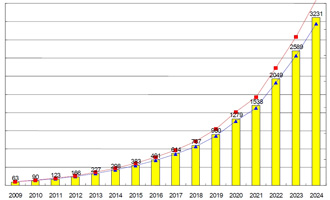
CPCC Member Ahmed Eltawil is the recipient of an CAREER Award from the Directorate of Engineering of the National Science Foundation (NSF). The title of the $400K grant is "Cognitive Power Management for Memory Dominated Mobile Devices." The award is granted for the period April 2010 to March 2015.
There are expectations that the processing power will increase by about three orders of magnitude within the next decade. When that is the case, power management for mobile devices that rely on battery power becomes very important. Dr. Eltawil's proposal has an approach of redefining the error tolerance of memory blocks according to the tolerance of the application and the wireless channel conditions. This allows the margin of acceptable performance to be dynamically managed by the needs of the application employing the hardware unit. The project is of multidisciplinary nature, spanning theory, circuit and system design, and experiments.
The projected increase in the number of processing engines employed in system-on-a-chip architectures of the future according to the International Technology Roadmap for Semiconductors, sponsored by five leading semiconductor industry associations of the world.
New CPCC Fellows Announced
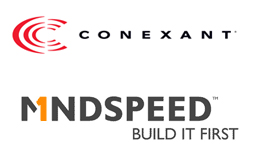
New CPCC Fellows for the academic year 2009-2010 have been announced. The names of the new Fellows and the advising faculty members in alphabetical order are Jie Chen (Lee Swindlehurt), Amin Khajeh Djahromi (Ahmed El Tawil and Fadi Kurdahi), Weng-Hsiang Hu (Nader Bagherzadeh), Erdem Koyuncu (Hamid Jafarkhani), Sheng-Hui Liao (Lichun Bao), Hamid Maleki (Syed Jafar and Athina Markopoulou), and Chun-Chang Wang (Payam Heydari). The program is based on continuing funding from Conexant Systems, Inc. and Mindspeed Solutions, Inc.
Industry Sponsor Extends MANET Grant
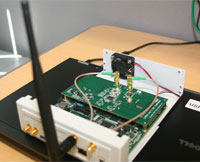
A year ago, armed with a three-year, $1.5 million grant from the Boeing Company, CPCC professors Homayoun Yousefi'zadeh and Hamid Jafarkhani began refining a MANET testbed they had assembled in their research lab. Now, the Boeing Company has extended the contract for an extra year with an additional $250,000 grant designated for the design and implementation of advanced cooperative communication techniques in the testbed.
New Research Grants Received by CPCC Members

CPCC Members Dr. Ender Ayanoglu and Dr. A. Lee Swindlehurst received research grants from the National Science Foundation (NSF) titled "Network Failure Recovery Employing Network Coding," and "Physical Layer Optimization for Cognitive Sensor Networks," respectively. Dr. Ayanoglu plans to use techniques from the field of network coding to investigate topology and code design algorithms for actual networks, to analyze their performance, to compare restoration time and extra capacity requirements of the new approach with conventional techniques, and to discover new protocols to implement the new technique. Dr. Swindlehurst's research aims to optimize resources to be used for competing communications and sensing operations in cognitive sensing networks. Both grants are awarded by the Computer and Information Science and Engineering directorate of the NSF and will be active for three years.
CPCC Fellowship Leads to Prestigious Best Paper Award

The paper "Interference Alignment and the Degrees of Freedom for the K-User Interference Channel," by former CPCC Fellow Viveck R. Cadambe and his advisor CPCC Member Syed A. Jafar received the prestigious IEEE Information Theory Paper Award for the year 2009. The award is given annually by the IEEE Information Society "to recognize exceptional publications in the field and to stimulate interest in and encourage contributions to fields of interest of the Society." Past recipients of this award are well-known information theorists and include such names as T. M. Cover, G. D. Forney, G. Ungerboeck, and A. J. Viterbi. The paper was published in the journal IEEE Transactions on Information Theory in August 2008. The announcement was made in advance at the Information Theory Society's flagship conference, ISIT 2009, in Seoul, South Korea. Viveck Cadambe was a CPCC Fellow during the academic year 2007-2008 and worked on this topic. The authors list their affiliation as the CPCC in this award-winning paper.
CPCC Member Jafarkhani Named Chancellor's Professor
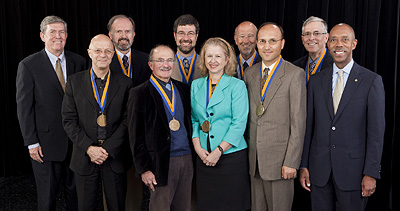
CPCC Member Hamid Jafarkhani has been awarded the title of Chancellor's Professor. The designation recognizes scholars who have demonstrated unusual academic merit and whose continued promise for scholarly achievement makes them of exceptional value to the university. Jafarkhani's research involves communication theory, with emphasis on coding and wireless communications and networks. He is addressing the theoretical and practical challenges of designing communication systems and networks that use multiple antennas. In particular, Dr. Jafarkhani is one of the inventors of Space-Time Coding, which provides performance gain in wireless systems that employ multiple antennas. The invention took place in the late 1990s, and has been a very active research area throughout the world since then. In a very short time, space-time codes have become part of a number of wireless technology standards. Dr. Jafarkhani's research interests include data compression, joint source and channel coding, and multimedia applications in networks. Most recently, he is the co-recipient (together with Dr. Homayoun Yousefi'zadeh, a former CPCC Postdoctoral Fellow) of a $1.5M grant from Boeing Co., to develop a MANET (Mobile Ad-hoc Network) testbed powered by software defined radios.
Multi-University Team Wins Major DoD Grant
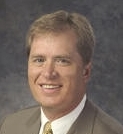
CPCC member faculty Lee Swindlehurst is part of a team of seven universities that won a MURI (Multidisciplinary University Research Initiative) grant worth $6.25M total over a period of 5 years. The project is titled "ARSENAL: A cross layer ARchitecture for SEcureresilieNttacticAL mobile ad hoc networks," and is funded by the Army Research Office. The goal of this project is to develop a cross layer architecture that provides comprehensive security and resilience for mobile ad hoc networks.
CPCC Fellow Joins Academia, Publishes Book
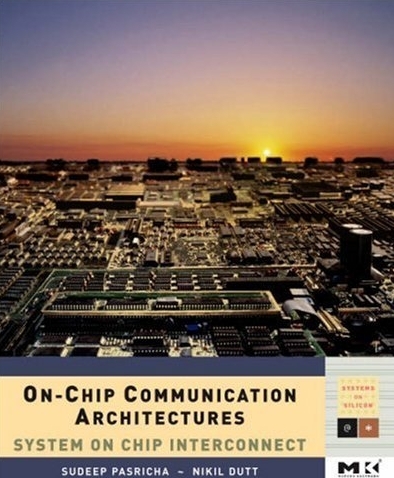
Sudeep Pasricha was a CPCC Fellow during the academic years 2004-2005, 2005-2006, and 2006-2007, working on his Ph.D. with his advisor Prof. Nikil Dutt. During this time, he worked on a project sponsored by Conexant Systems, Inc. on a System-on-Chip power optimization framework. His work resulted in a Best Paper award from the Asia South Pacific Design Automation Conference in 2006 (please see below). He completed his Ph.D. degree at the Donald Bren School of Information and Computer Sciences during Summer 2008 and consecutively joined Colorado State University at Fort Collins, Colorado as an Assistant Professor. Together with Professor Dutt, he has recently completed a book entitled On-Chip Communication Architectures: System on Chip Interconnect, published by Morgan-Kaufman in 2008. The book provides a survey of research and standards as well as the future trends in on-chip communication architectures. A reader commented on amazon.com that "As a Professor in CS/EE, I consider using the book in advanced design courses. I will certainly recommend it for those of my master students who need in-depth knowledge in this area for the thesis work. I am also convinced that the book will be very useful for design engineers in industry."
CPCC Member Receives Best Research Award
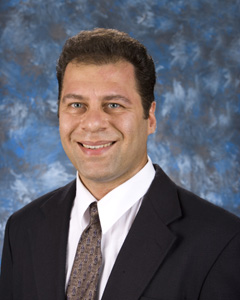
CPCC member Prof. Payam Heydari was given the Fariborz Maseeh Best Faculty Research Award. The award was presented at The Henry Samueli School of Engineering's annual dinner and awards banquet along with the Fariborz Maseeh Best Teaching Awards. The awards banquet was in recognition and appreciation of the recipients' numerous contributions to advancing research and enhancing the quality of teaching at UC Irvine. Previously CPCC members Prof. Michael Green and Prof. Hamid Jafarkhani had received the Fariborz Maseeh Best Teaching Award and the Fariborz Maseeh Best Faculty Research Award, respectively.
CPCC member presents a keynote speech

CPCC member Prof. Hamid Jafarkhani has been invited to give a keynote speech at the 2009 World Congress on Computer Science and Information Engineering (CSIE 2009), March 31 - April 2, 2009. Prof. Jafarkhani's talk will give an overview of recent advances in wireless relay networks and cooperative communications.
CPCC Member Receives ONR Young Investigator Award
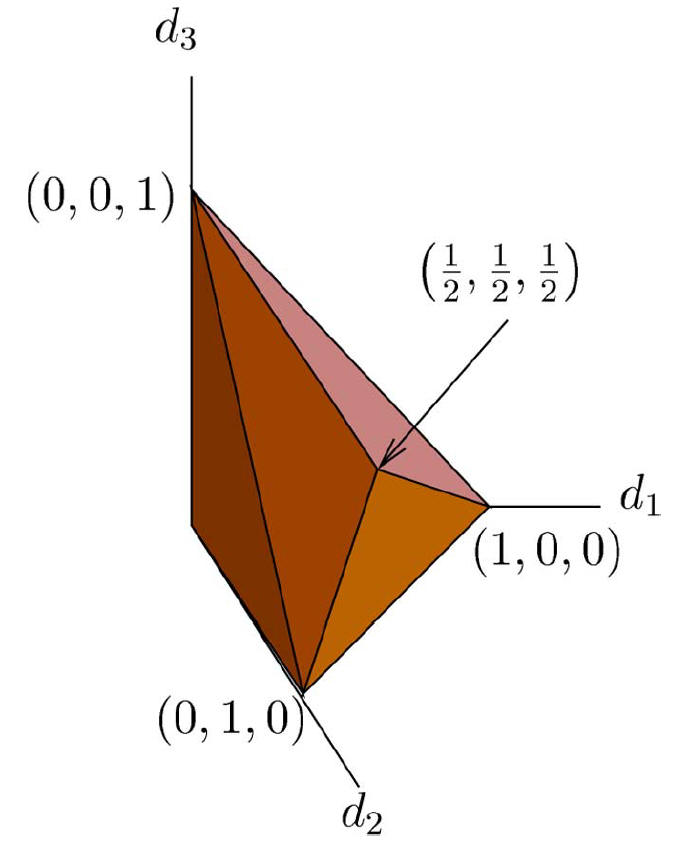
CPCC Member Dr. Syed A. Jafar is one of 27 recipients of the 2008 Office of Naval Research Young Investigator Award. Dr. Jafar's proposal was on multi-user information theory and was titled "Interference Alignment and the Promise of Unlimited Secure Spectrum for Tactical Communication Networks." The award grant covers three years.
In wireless networks, interference, which is caused by simultaneous transmissions from multiple transmitters, has an adverse impact on the efficiency and capacity. The traditional approach to avoiding interference over wireless networks is to divide the available spectrum/channel/bandwidth among the users proportionally. For example, if there are 10 wireless users who wish to access the same channel, then each user is allotted 10 percent of the available spectrum. However, Dr. Jafar's group has found a new approach called interference alignment . This approach is based on designing signals so that they cast overlapping shadows at the unintended receivers while they remain distinguishable at the intended receiver that can, in theory, allow every user to access half the spectrum. Potentially, this means the data rates of wireless networks can be significantly improved and wireless networks may not be fundamentally interference-limited as was previously believed.
Industry Grant Supports MANET Research

A three-year, $1.5 million grant from the Boeing Company, is funding research to develop a MANET testbed and protocol stack. Principal investigator Homayoun Yousefi'zadeh and co-principal investigator Hamid Jafarkhani are creating custom MANET software that controls software-defined radios (SDRs). The CPCC professors are designing and implementing new protocols in an attempt to improve MANET performance and efficiency, while reducing costs.
Yet Another CPCC Member Receives NSF CAREER Award

CPCC Member Athina Markopoulou received a five-year grant from the National Science Foundation for her work on network coding applications in the Internet.
In network coding, intermediate nodes in a network combine incoming packets from multiple sources into their destinations instead of simply forwarding them.
This can increase the throughput and can improve scheduling performance. Dr. Markopoulou is working with her five students to explore ways to apply network
coding to the areas of network security and multimedia delivery. The Faculty Early Career Development (CAREER) Award is intended to support the development
of research programs of faculty in their early careers. The grant process is highly competitive and the reception of the award is very prestigious for the
individual and her or his institution. Previously CPCC Members Hamid Jafarkhani, Payam Heydari, and Syed Jafar received NSF CAREER awards.
CPCC Welcomes New Faculty Member in EECS

Dr. A. Lee Swindlehurst has joined the Department of Electrical Engineering and Computer Science as of September 2007. Dr. Swindlehurst's research interests are in the application of detection and estimation theory to problems in signal processing and wireless communications. Currently, he is working on problems with multiple-input multiple-output (MIMO) wireless communications, including space-time characterization of indoor and outdoor radio frequency propagation, channel estimation and performance analysis for time-varying MIMO links, downlink beamforming in multiuser MIMO systems, and space-time processing for ad-hoc networks.
Dr. Swindlehurst received B.S.E.E. and M.S.E.E. degrees from Brigham Young University in 1985 and 1986, respectively, and a Ph.D. degree from Stanford University in 1991. Prior to joining UC Irvine, he was a faculty member in Brigham Young University's Department of Electrical and Computer Engineering, where he began his academic career in 1990, and most recently held the position of full professor and department chair. He also served as vice president of research for ArrayComm LLC, a San Jose-based company working on smart antennas for wireless communications applications.
CPCC Members Receive Best Faculty Awards
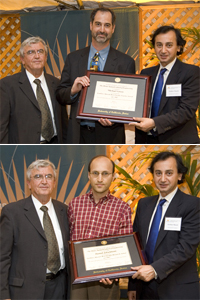
CPCC member Prof. Michael Green received the Fariborz Maseeh Best Teaching Award.
Another CPCC member Prof. Hamid Jafarkhani received the Fariborz Maseeh Best Faculty Research Award.
CPCC members were recognized for their numerous contributions in teaching and research at The Henry Samueli School of Engineering's annual awards banquet, held on May 15, at the Engineering Plaza on campus. The banquet took place following the first day of the 6th annual "California: Prosperity Through Technology" industry research symposium, themed "energy and the environment".
CPCC Member Receives Best Journal Paper Award
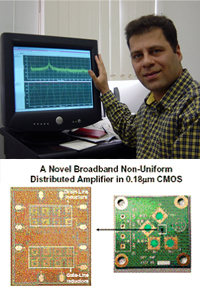
CPCC member Prof. Payam Heydari won the 2007 prestigiousGuillemin-Cauer Award from the IEEE Circuits and Systems Society.
Dr. Heydari is also the recipient of the 2005 IEEE Circuits and Systems Society Darlington Award, which puts him in an elite group of only seven researchers who, in the 40-year history of the awards, have received both.
Dr. Heydari was recognized for his paper "Model-Order Reduction Using Variational Balanced Truncation with Spectral Shaping", which was published in the IEEE Transactions on Circuits and Systems, Vol. 53, April 2006.
The Guillemin-Cauer Award recognizes the best journal paper published in IEEE Transactions on Circuits and Systems during the two calendar years preceding the award. The award is based on general quality, originality, contributions, subject matter and timeliness.
CPCC Member presents a plenary talk
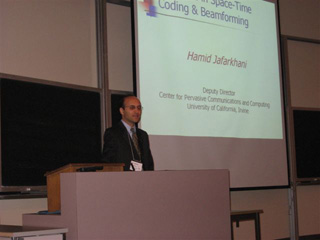
CPCC member, Prof. Hamid Jafarkhani presented a plenary talk at the 23rd Biennial Symposium on Communications held in Kingston, Canada, May 29 - June 1, 2006. Prof. Jafarkhani's plenary talk on "Advances in Space-Time Coding and Beamforming" explained recent progress and challenges in MIMO systems.
Another CPCC Member Receives NSF CAREER Award
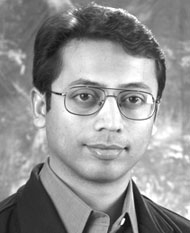
CPCC Member Dr. Syed A. Jafar received the National Science Foundation Faculty Early Career Development (CAREER) Award in 2006 for his proposal titled "Capacity of Wireless Networks with Side Information - Theory and Applications." Capacity refers to the highest information rate that can be transported through a medium, typically restricted by bandwidth and noise, and in some cases, interference. Capacities of individual links for various transmission media are known, while the capacity of a network of links is currently an active research area. Dr. Jafar's research will investigate network capacity in the presence of side information and will be a further step towards understanding the capacity of networks. Knowledge of the capacity of a network is essential in allocation of resources and network design.
CPCC Authors Receive Best Journal Paper Award
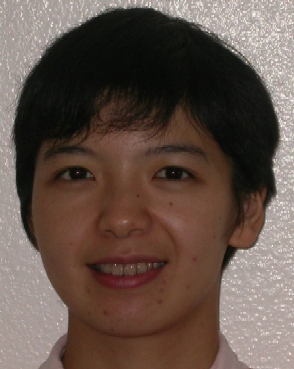
CPCC Member Dr. Hamid Jafarkhani and his graduate student Yun Zhu are the recipients of the 2006 IEEE Marconi Prize Paper Award in Wireless Communications from the IEEE Communications Society. They received this award for their paper "Differential Modulation Based On Quasi-Orthogonal Codes," published in the November 2005 issue of the journal IEEE Transactions on Wireless Communications. Quasi-orthogonal codes belong to the class of space-time codes which provide improved performance for wireless communications systems employing multiple transmit or receive antennas. Prior to this work, all of the known space-time codes required the knowledge of the transmission channel. Differential modulation, as described in the paper, removes the need for this information. The Marconi Prize Paper Award is given to the paper deemed best in terms of originality, utility, timeliness, and clarity of presentation among the papers published in the journal IEEE Transactions on Wireless Communications during the previous year.
CPCC Member Receives the Distinguished Mid-Career Faculty Award for Research

CPCC member Prof. Hamid Jafarkhani received the2006-2007 Distinguished Mid-Career Faculty Award for Research. The Distinguished Faculty Awards are the UCI Academic Senate's highest honors. The awards are given to UC Irvine faculty who have achieved excellence through their activities in research, teaching and service. The Academic Senate's Distinguished Faculty awards are selected by the Committee on Scholarly Honors and Awards.
CPCC Authors Win Best Paper Award at ASPDAC
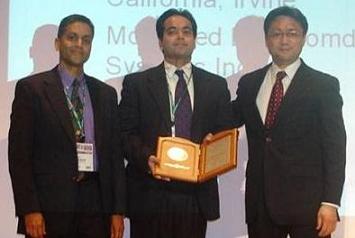
CPCC Fellow and UC Irvine graduate student Sudeep Pasricha, his advisor UC Irvine Computer Science Professor Nikil Dutt, and Conexant coauthor Dr. Mohamed Ben-Romdhane are the recipients of the Best Paper Award at the Asia and South Pacific Design Automation Conference (ASPDAC) that took place in Yokohama, Japan, January 24-27, 2006. The paper, titled Constraint-driven Bus Matrix Synthesis for MPSoC, proposes novel techniques to reduce the cost and development time of communication architectures for high performance electronic systems used in the next generation electronic devices such as mobile phones, video game consoles and high-speed networking equipment.
The paper is based on the authors work in a CPCC project that has been supported by Conexant, Inc. during 2004-2005 and 2005-2006 with Dr. Ben-Romdhane serving as the leader of the Conexant team.
CPCC Welcomes New Faculty Member in EECS
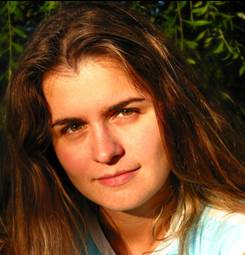
Dr. Athina Markopoulou, an expert in networking, has joined the faculty of the Department of Electrical Engineering and Computer Science at UC Irvine effective January 1, 2006. Dr. Markopoulou received her Ph.D. from Stanford University in November 2002. Prior to joining UC Irvine, she worked at Stanford University, Sprint Advanced Technologies Laboratories, and Arastra, a startup, as Postdoctoral Research Fellow, Member of Technical Staff, and Research Scientist, respectively. During her Ph.D. education, she has had internships at Aloha Networks, Nokia Research Center, and Cisco Systems. Dr. Markopoulou's research interests are in voice and video over wired and wireless packet networks, network measurement and control, and Internet reliability and security.
CPCC Member Jafarkhani Elected IEEE Fellow
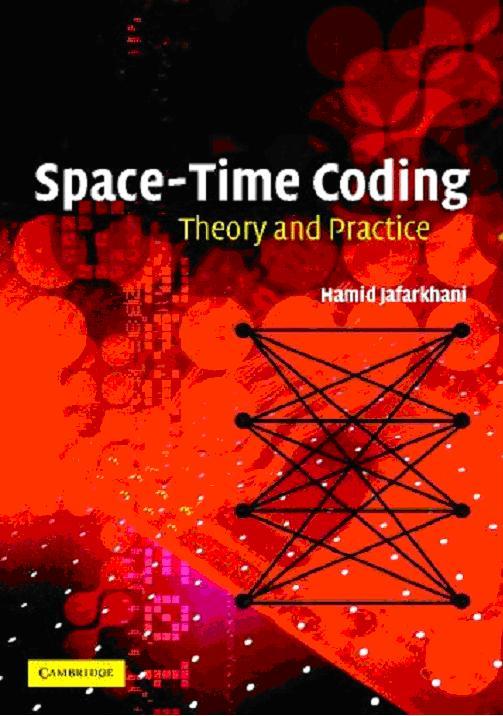
CPCC Member Hamid Jafarkhani is one of the 271 professionals the Institute of Electrical and Electronics Engineers (IEEE) has named an IEEE Fellow effective January 1, 2006. Election to the IEEE Fellow Grade is the highest member grade the IEEE, world's largest engineering society, can bestow on a member. The IEEE Grade of Fellow is conferred by the Board of Directors upon an IEEE member with an extraordinary record of accomplishments in any of the IEEE fields of interest. The total number selected in any one year does not exceed one-tenth percent of the total voting Institute membership. Dr. Jafarkhani's citation is for contributions to space-time coding.
Space-Time Codes employ multiple antennas at the transmitter and the receiver of a wireless communications system for significantly improved performance. Discovered in the early 1990s, these codes have very quickly found their way into a number of new wireless communications standards such as 3G, 802.11n, and 802.16. Dr. Jafarkhani is one of the first researchers to work on this field and is widely considered to be one of the inventors of Space-Time Coding. Many experts in the field consider Dr. Jafarkhani to have been one of the authors of three of the most important publications in this field. Dr. Jafarkhani is the author of the recently published book Space-Time Coding, Cambridge University Press, 2005.
CPCC Member Receives Best Journal Paper Award
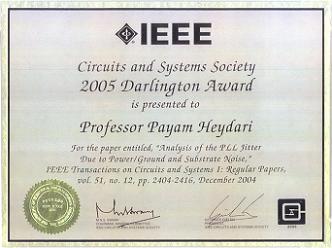
CPCC Member Payam Heydari is the sole recipient of IEEE Circuits and Systems Society's 2005 Darlington Award. The award is given for Prof. Heydari's paper Analysis of the PLL Jitter Due to Power/Ground and Substrate Noise, published in IEEE Transactions on Circuits and Systems I in December 2004. This award is given by the IEEE Circuits and Systems Society to recognize the best paper bridging the gap between theory and practice published in IEEE Transactions on Circuits and Systems. The award is based on general quality, originality, contributions, subject matter and timeliness. Prof. Heydari is the youngest recipient of this award during the award's 37-year history.
CPCC Welcomes New Faculty Member in EECS
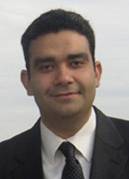
Dr. Ahmed Eltawil, an expert in system integration especially for wireless systems, has joined the faculty of the Department of Electrical Engineering and Computer Science at UC Irvine effective January 1, 2005. Dr. Eltawil received his Ph.D. from UCLA in 2003 and worked as the Director of VLSI Design at Innovics, a startup, between January 2001 and August 2003 where he developed a 3G mobile wireless broadband system employing Multi-Input Multi-Output (MIMO) technology. Prior to joining UC Irvine, Dr. Eltawil was affiliated with UCLA as a Research Engineer. His research interests are in the design of system and VLSI architectures for broadband wireless communication, and in implementations and architectures for digital signal processing.
CPCC Member Receives NSF CAREER Award

Payam Heydari, CPCC Member and Assistant Professor in the UC Irvine Department of Electrical Engineering and Computer Science, has received a Faculty Early Career Development (CAREER) Award from the National Science Foundation. The announcement was made January 2005. He was awarded this prestigious award for his research on Analysis and Design of Silicon-Based Performance Optimized Integrated Circuits for High-Frequency Wideband Wireless Communication Systems.
Payam Heydari is working to design novel silicon-based integrated circuits for use in high-performance wideband wireless communication systems. These next generation high data rate wireless systems will be able to transmit at transmission speeds much higher than today's wireless personal area and wireless local area networks.
The CAREER award is NSF's most prestigious commendation for faculty members and recognizes the early career development activities of scholars most likely to become the academic leaders of the 21st century. CAREER awardees are chosen on the basis of creative career development plans that integrate research and education.
Multiuniversity Team with CPCC Member Jafarkhani Wins Major DoD Grant
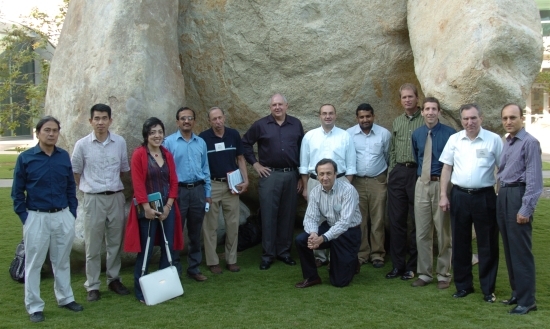
CPCC member faculty Hamid Jafarkhani, who is one of the inventors of space-time coding, is part of a team of six universities that won a grant worth $3M total over a period of 3 years. The project is granted to develop "space-time processing for tactical mobile ad-hoc networks" by the Department of Defense (DoD) on behalf of the U.S. Army. The grant is part of a major program, called the Multidisciplinary Research Initiative (MURI), worth $146M, a five-year effort targeting topics of exceptional opportunity for the DoD.
Image from left to right: . Cruz, Y. Hua, T. Javidi, B. Rao, L. Milstein, J. Zeidler, M. Zorzi, J.J. Garcia-Luna-Aceves (kneeling), S. Krisnamurthy, L. Swindlehurst, M. Jensen, J. Proakis, and H. Jafarkhani.
CPCC Welcomes New Faculty Member
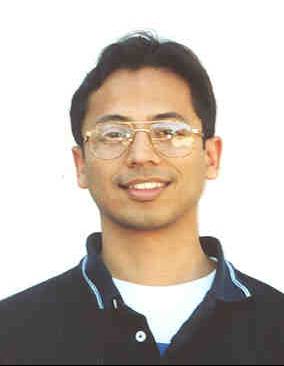
Dr. Syed A. Jafar, a graduate of the Stanford University Department of Electrical Engineering, has joined the faculty of the Department of Electrical Engineering and Computer Science at UCI, as of January 2004. With his appointment, Dr. Jafar also joined the Center for Pervasive Communications and Computing.
Dr. Jafar's research interests are in communications and information theory. His Ph.D. thesis is on the fundamental capacity limits of multiple-antenna wireless systems. During his Ph.D. work, he has characterized the impact of channel uncertainty on the capacity of multiple-antenna wireless systems. He has also contributed to fundamental advances on a multi-user transmission technique known as Dirty Paper Coding, now known to be optimal for the multiple-antenna broadcast channel (downlink).
Dr. Jafar received his B. Tech. degree in Electrical Engineering from the Indian Institute of Technology, Delhi, India in 1997, the M.S. degree in Electrical Engineering from California Institute of Technology, Pasadena, California, in 1999, and the Ph.D. degree from Stanford University, California in 2003. He was a summer intern with the Wireless Research group at Bell Labs, Lucent Technologies, Crawford Hill, New Jersey during the summer of 2001. He was a Senior Engineer at Qualcomm Incorporated, San Diego from August 2003 to January 2004.
CPCC Member Receives NSF CAREER Award

CPCC member Hamid Jafarkhani has received a Faculty Early Career Development (CAREER) Award from the National Science Foundation. The announcement was made in January 2003. He was awarded this prestigious award for his research on "Coding for multiple-input multiple-output channels".
The CAREER award is NSF's most prestigious commendation for faculty members and recognizes the early career development activities of scholars most likely to become the academic leaders of the 21st century.
CPCC Faculty Member Receives Best Paper Award

CPCC member Prof. Hamid Jafarkhani and his co-author Dr. Feraydoun Taherkhani were recently awarded the Best Paper award by the 2002 IEEE International Symposium on Advances in Wireless Communications for their paper titled "Pseudo Orthogonal Designs as Space-Time Block Codes". The paper was invited to the symposium. Prof. Jafarkhani is one of the inventors of space-time block coding which is a technique of employing multiple transmit and/or receive antennas in wireless transmission and thereby improving overall system performance. The codes are designed to provide maximum diversity gain while requiring only a simple maximum likelihood decoding technique. The resulting system can achieve dramatic increases in the transmission bit rate of wireless systems using low complexity decoding. This is very attractive for wireless system design and space-time block coding has already been incorporated into 3rd generation cellular networking standards known as WCDMA and cdma2000.
In their award-winning paper, Prof. Jafarkhani and Dr. Taherkhani study the orthogonality properties of space-time codes. Orthogonality is a desired feature in space-time code design, however while most orthogonal space-time codes are designed for the real line or the complex plane, real communication systems employ only a subset of these. The paper develops the conditions necessary for space-time codes to exist under this constraint.


